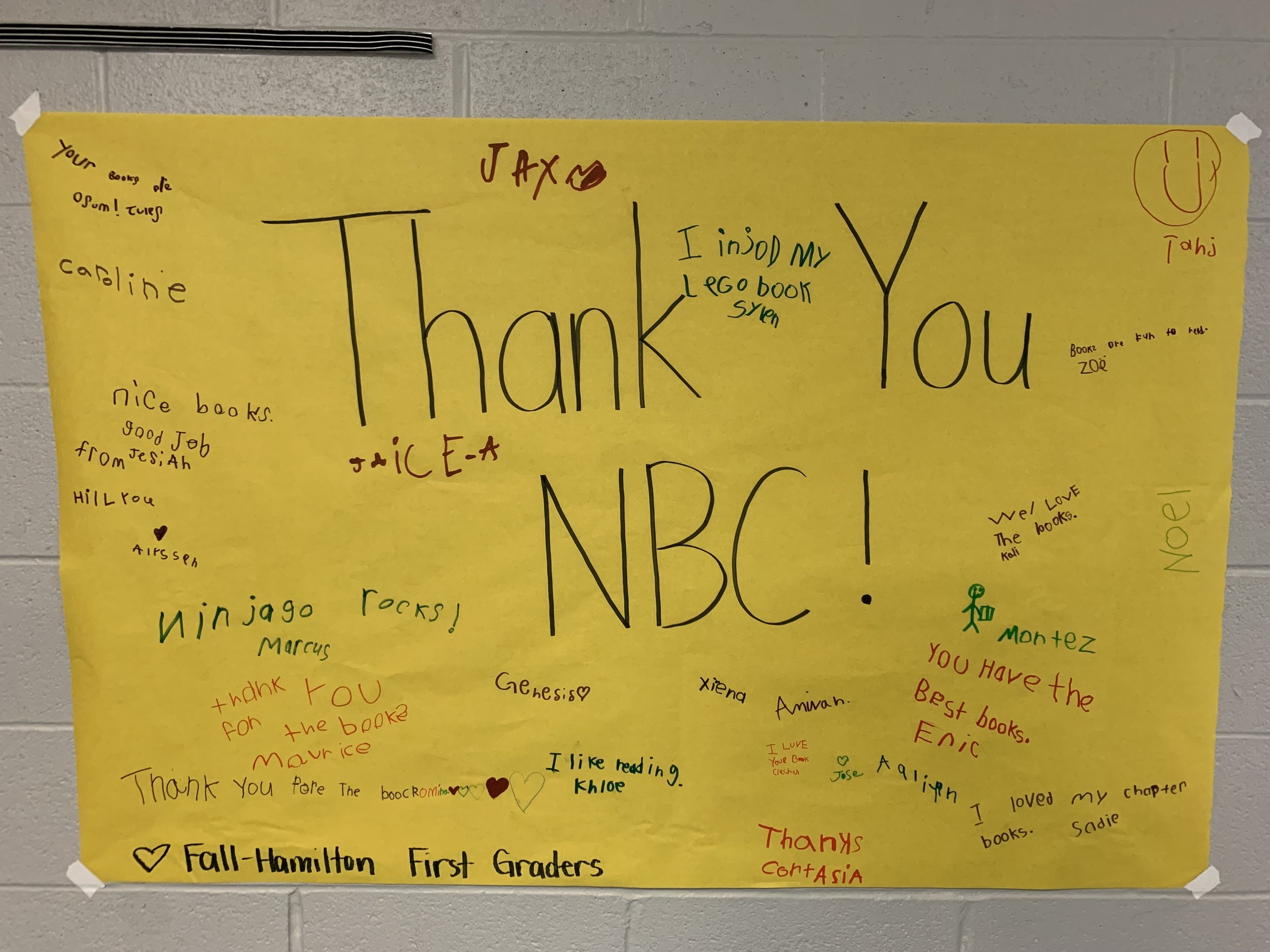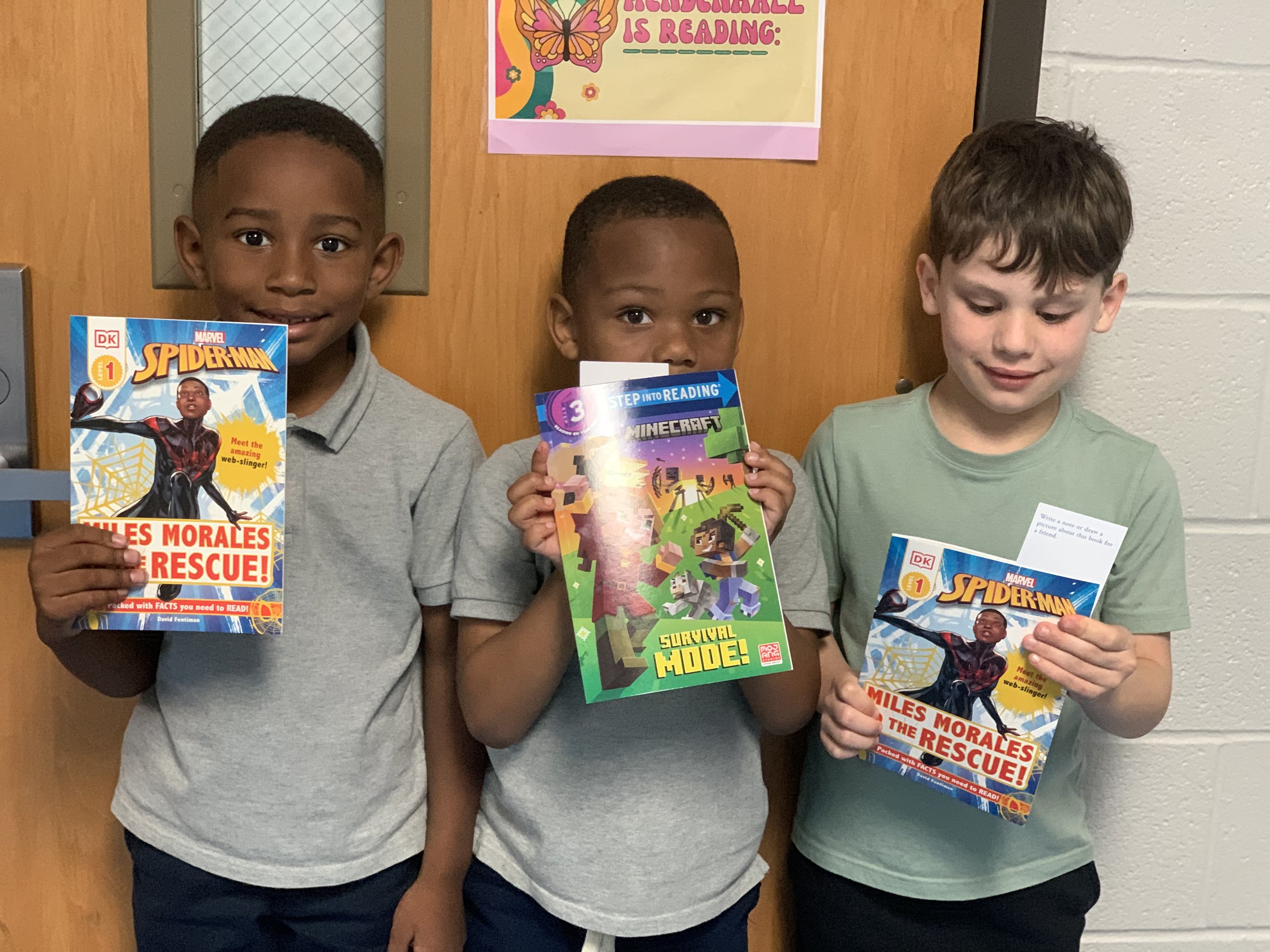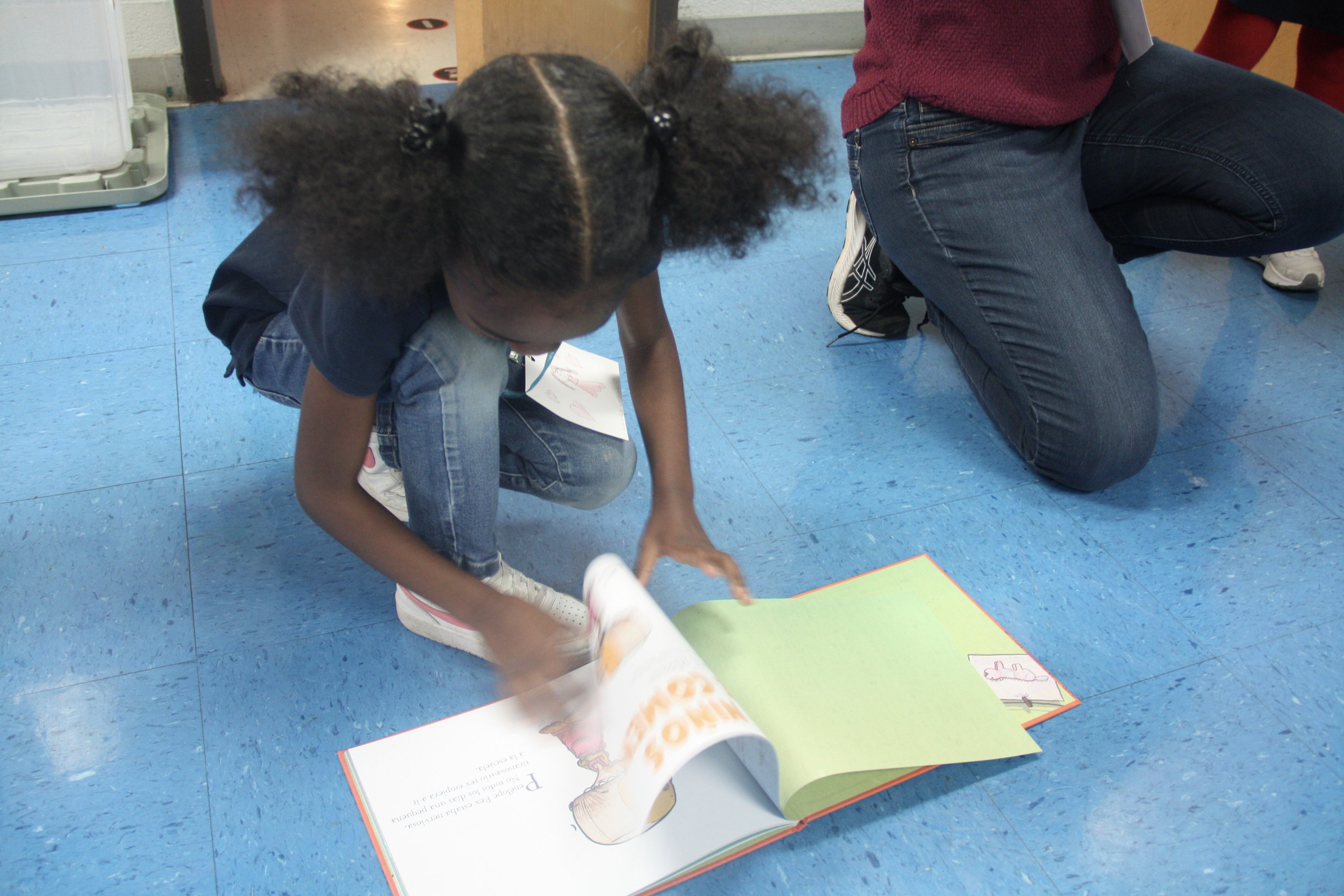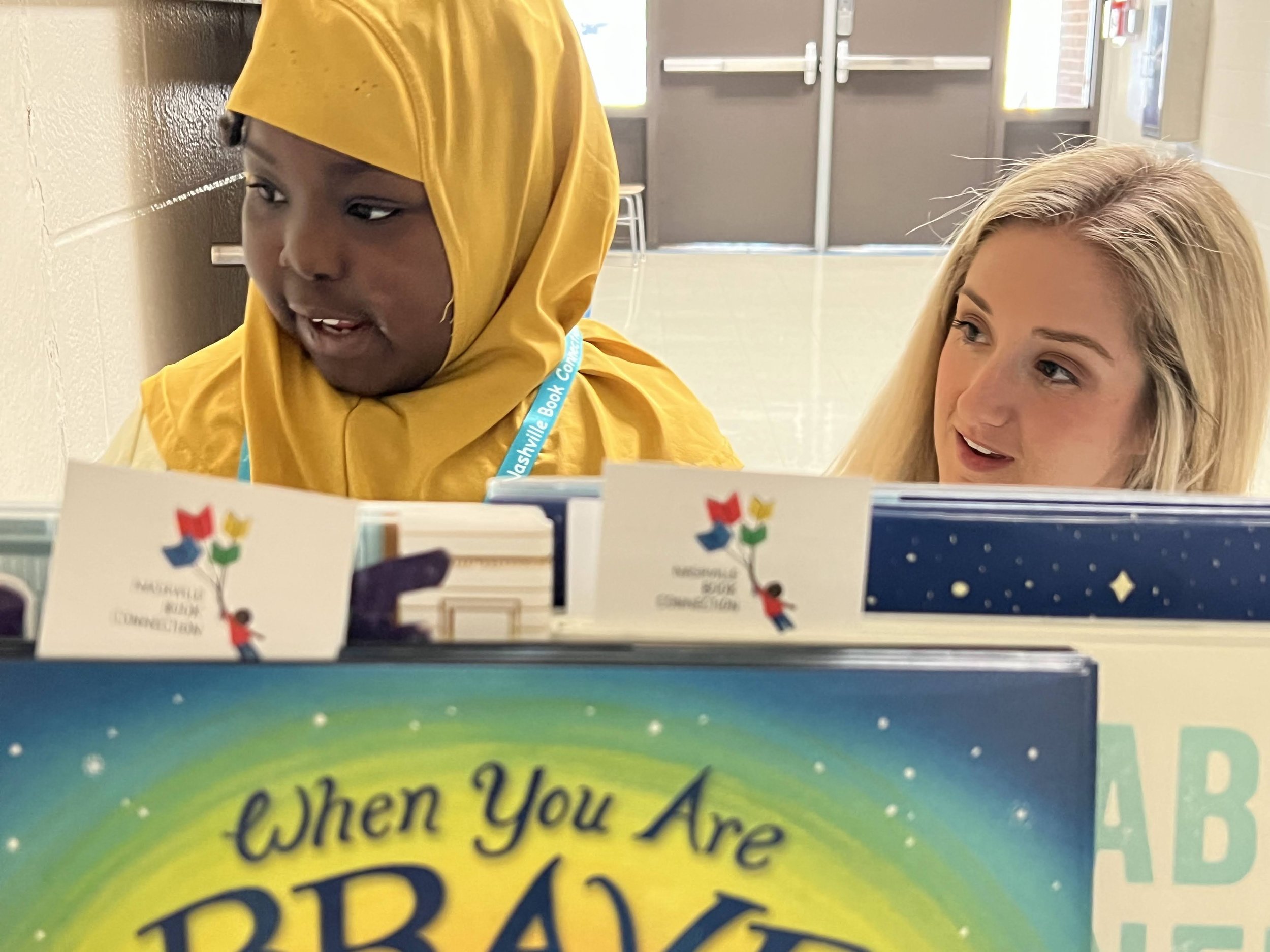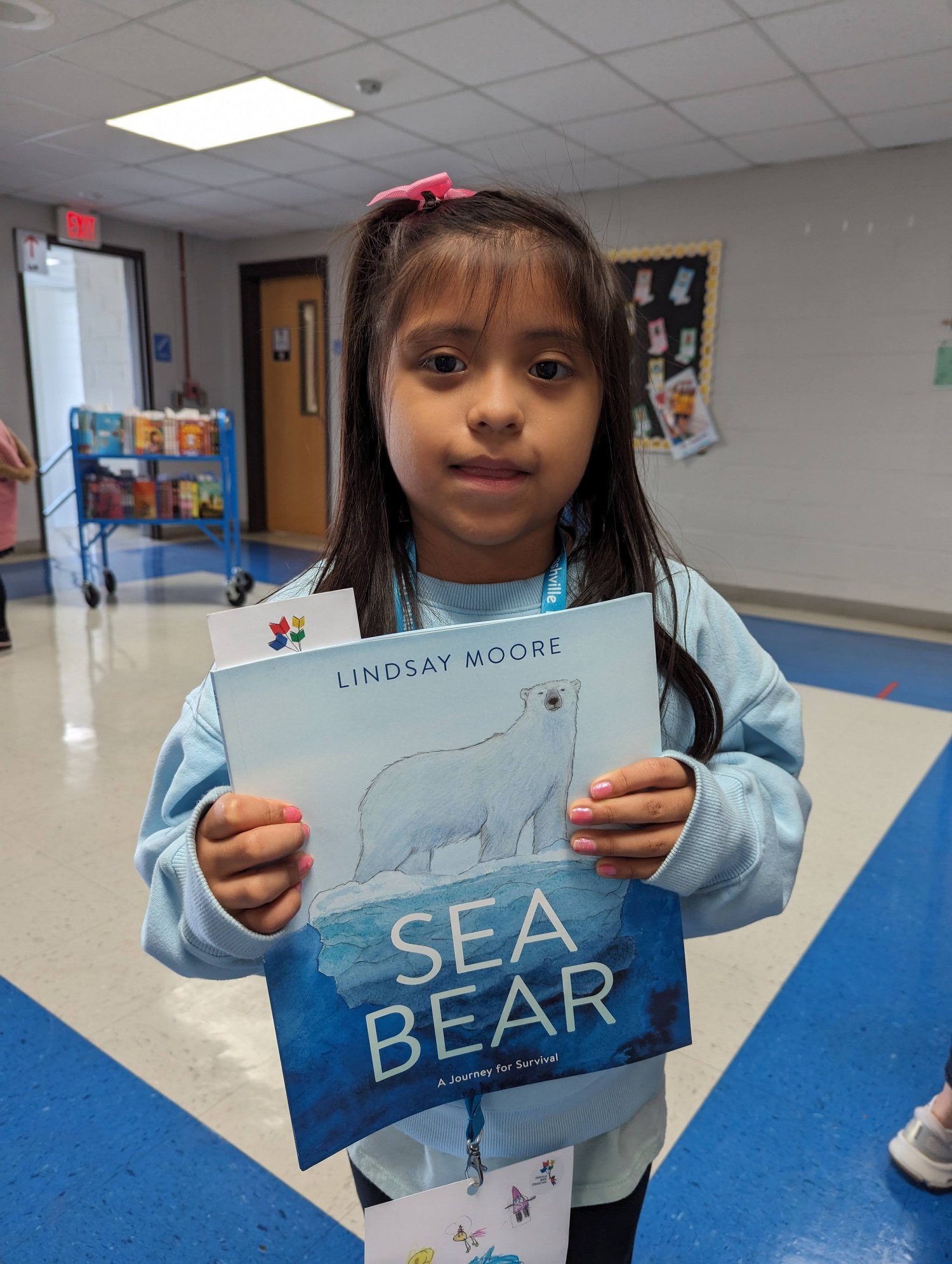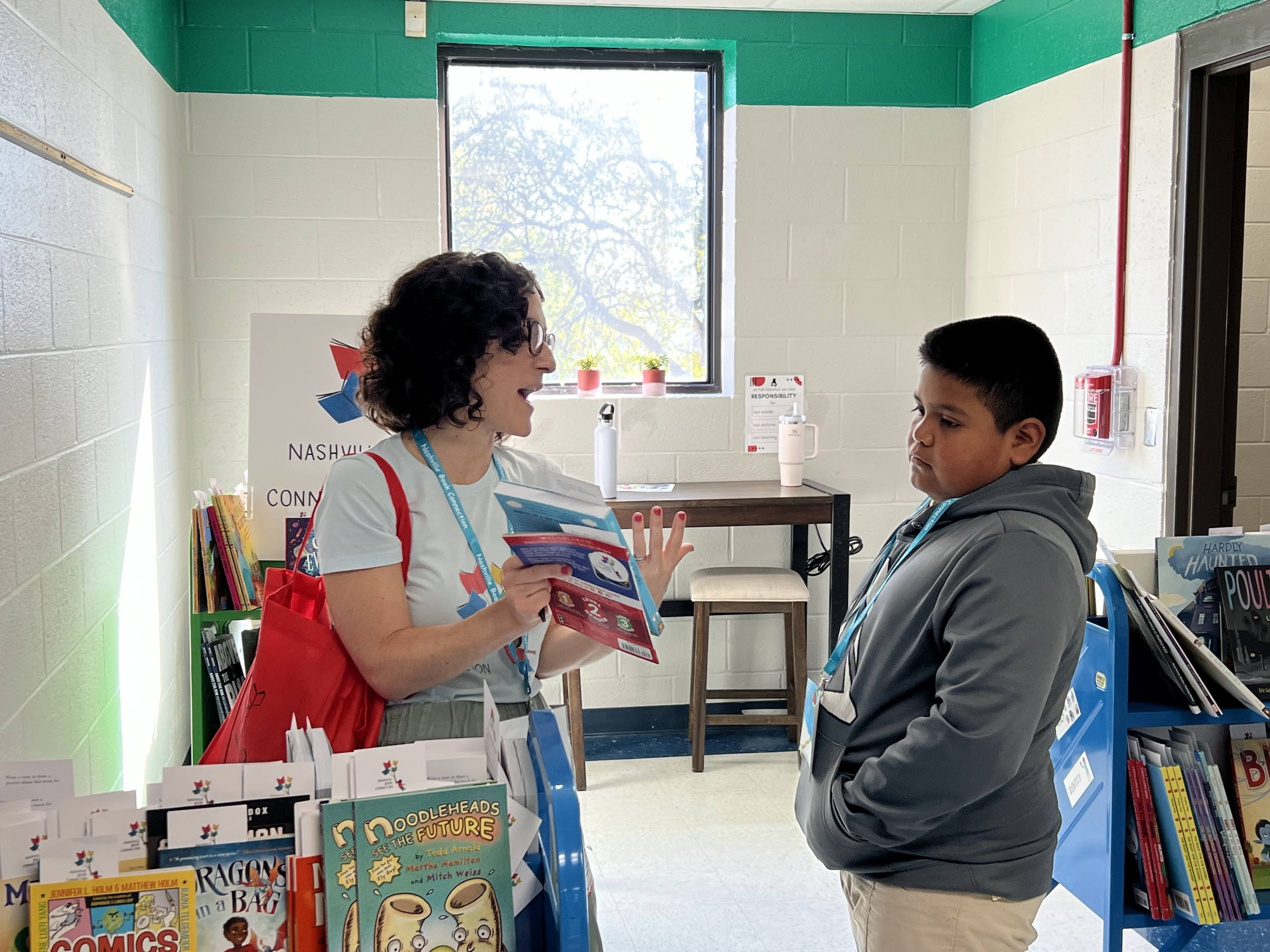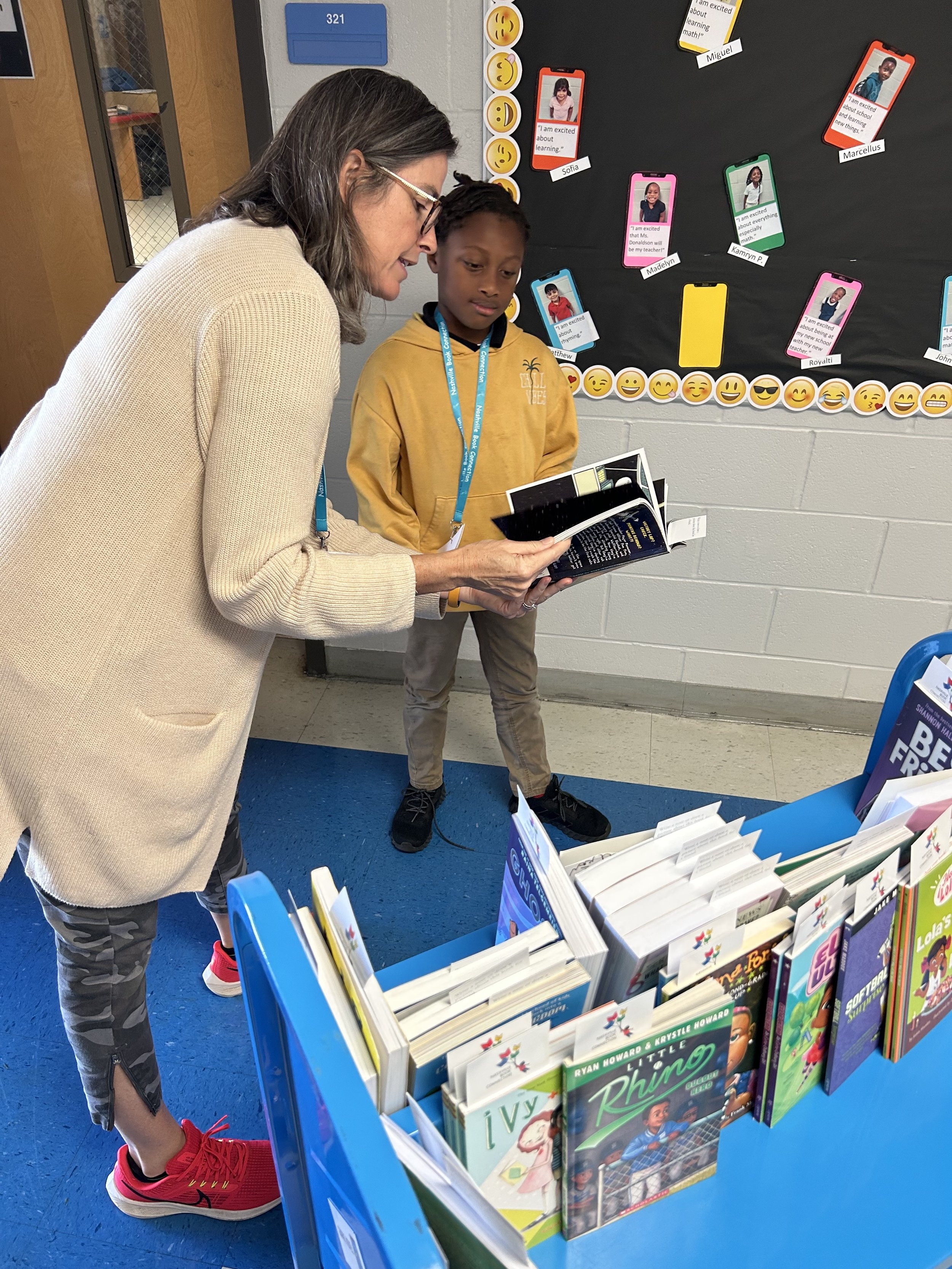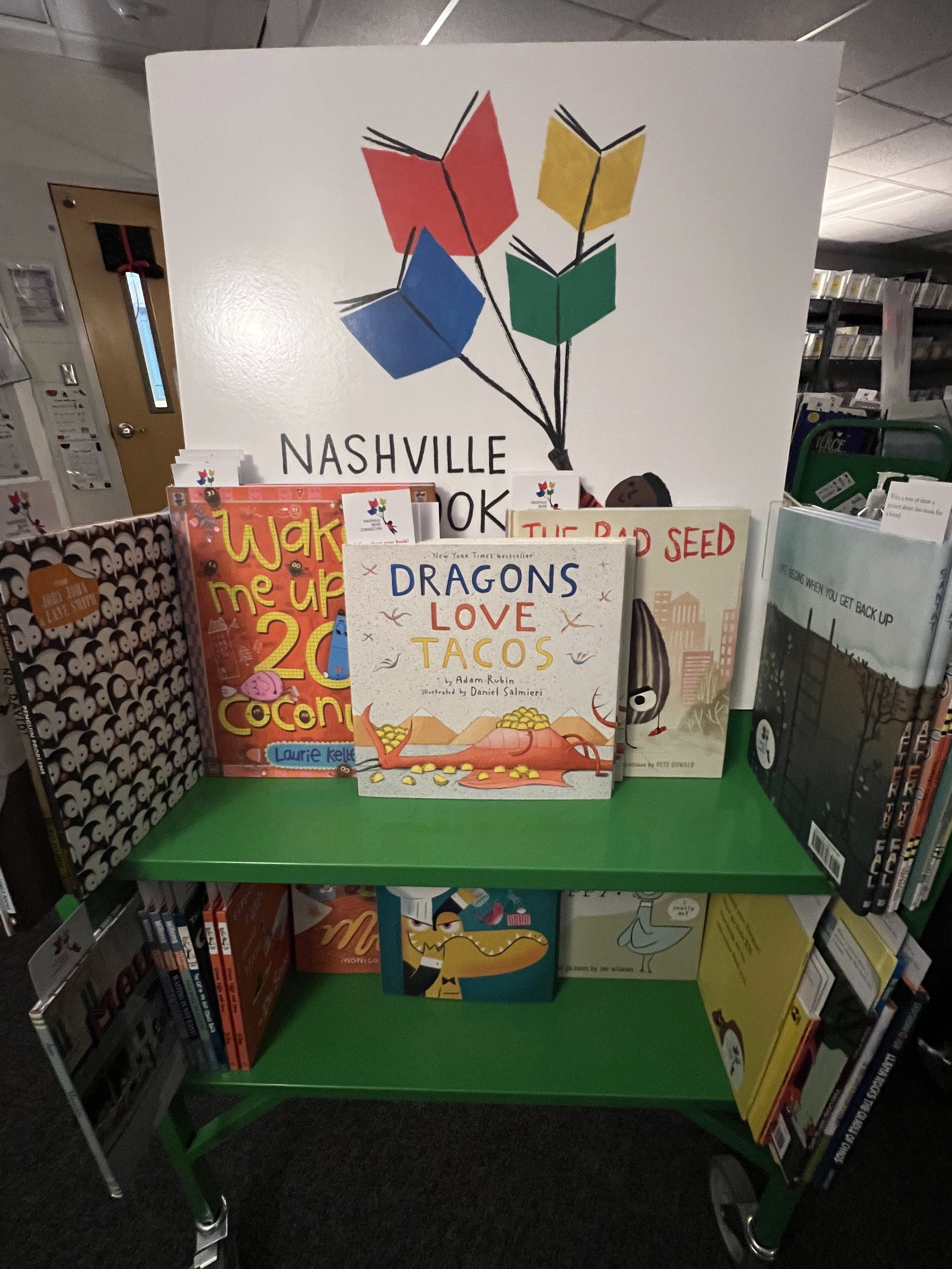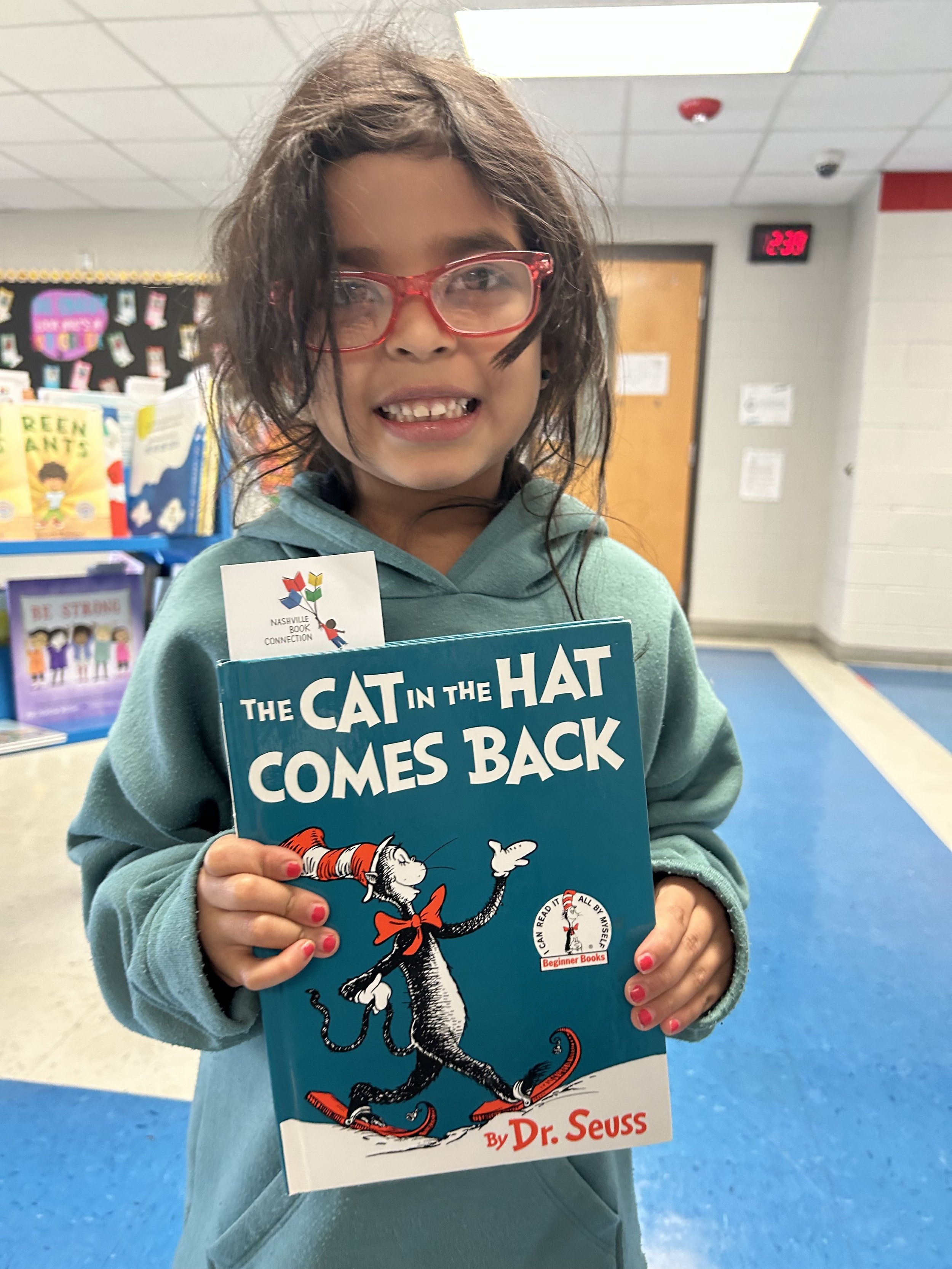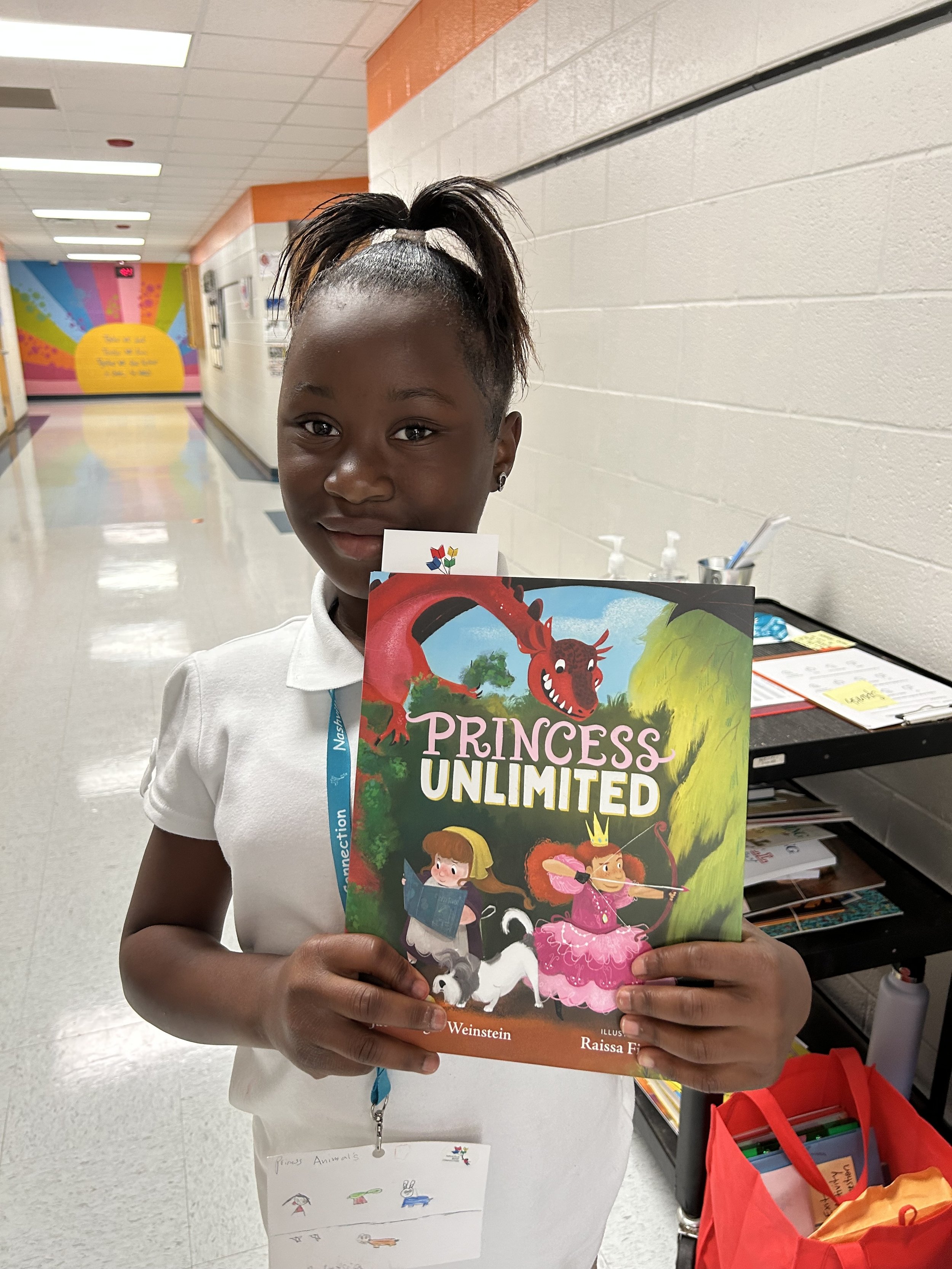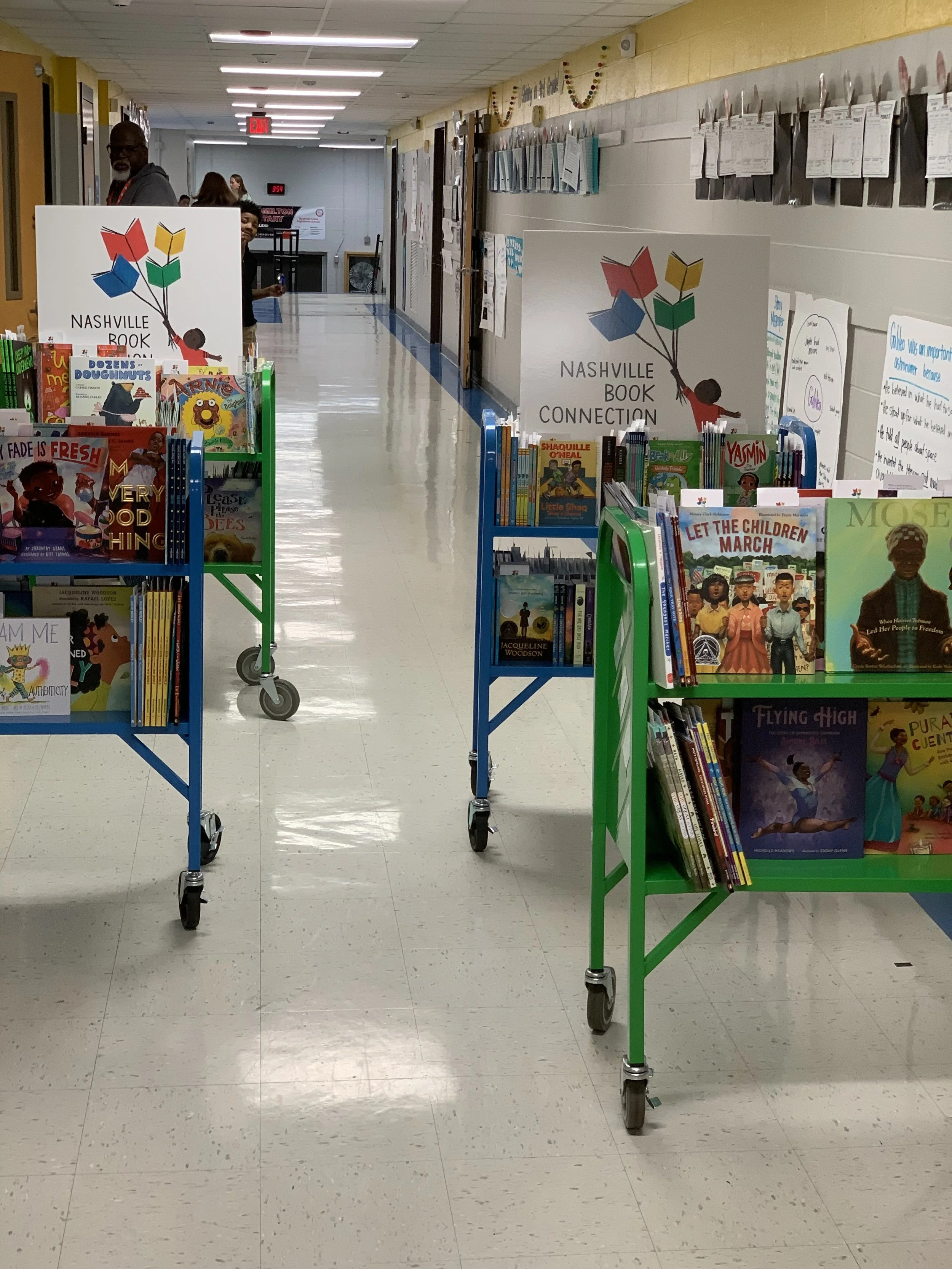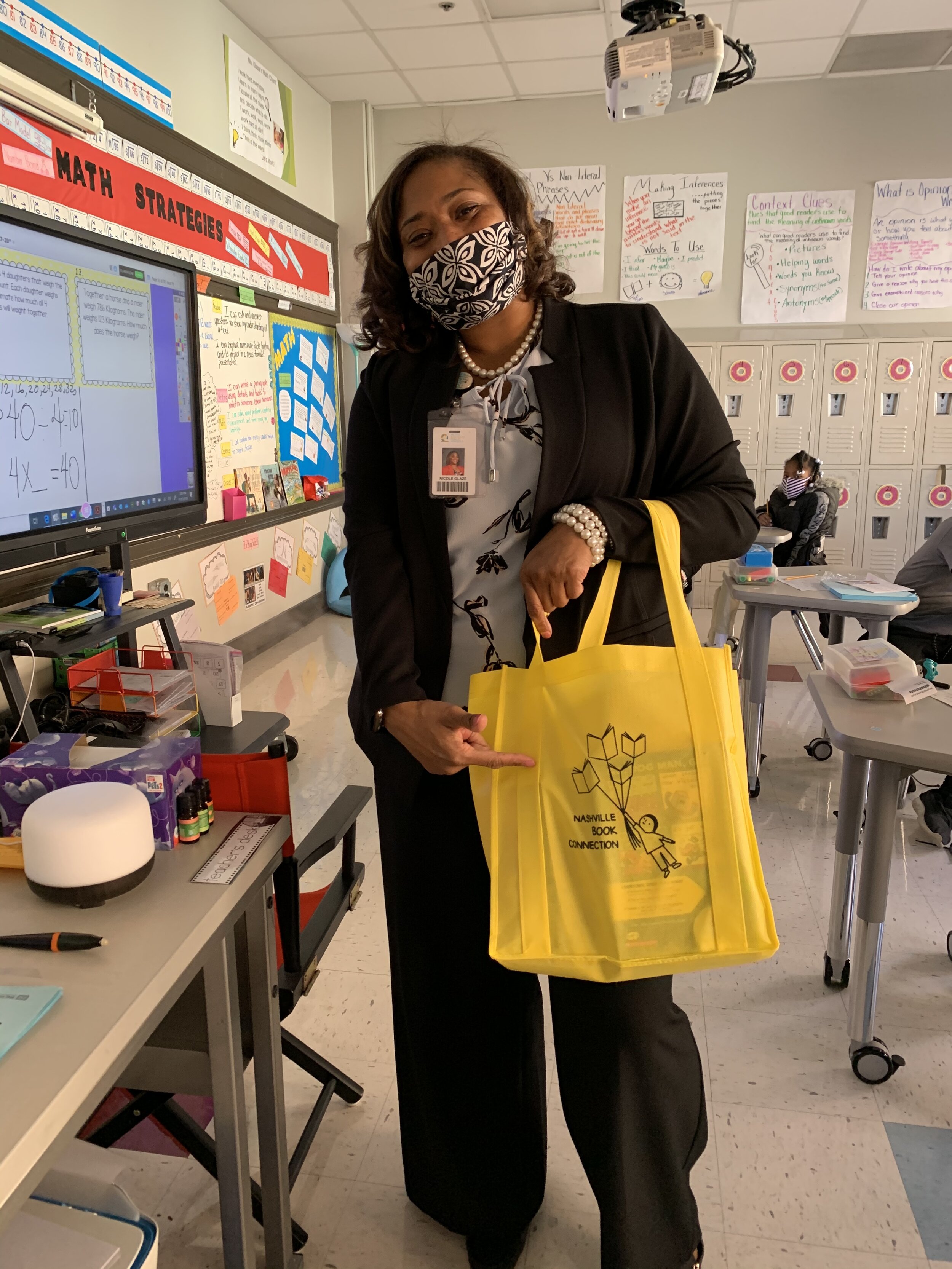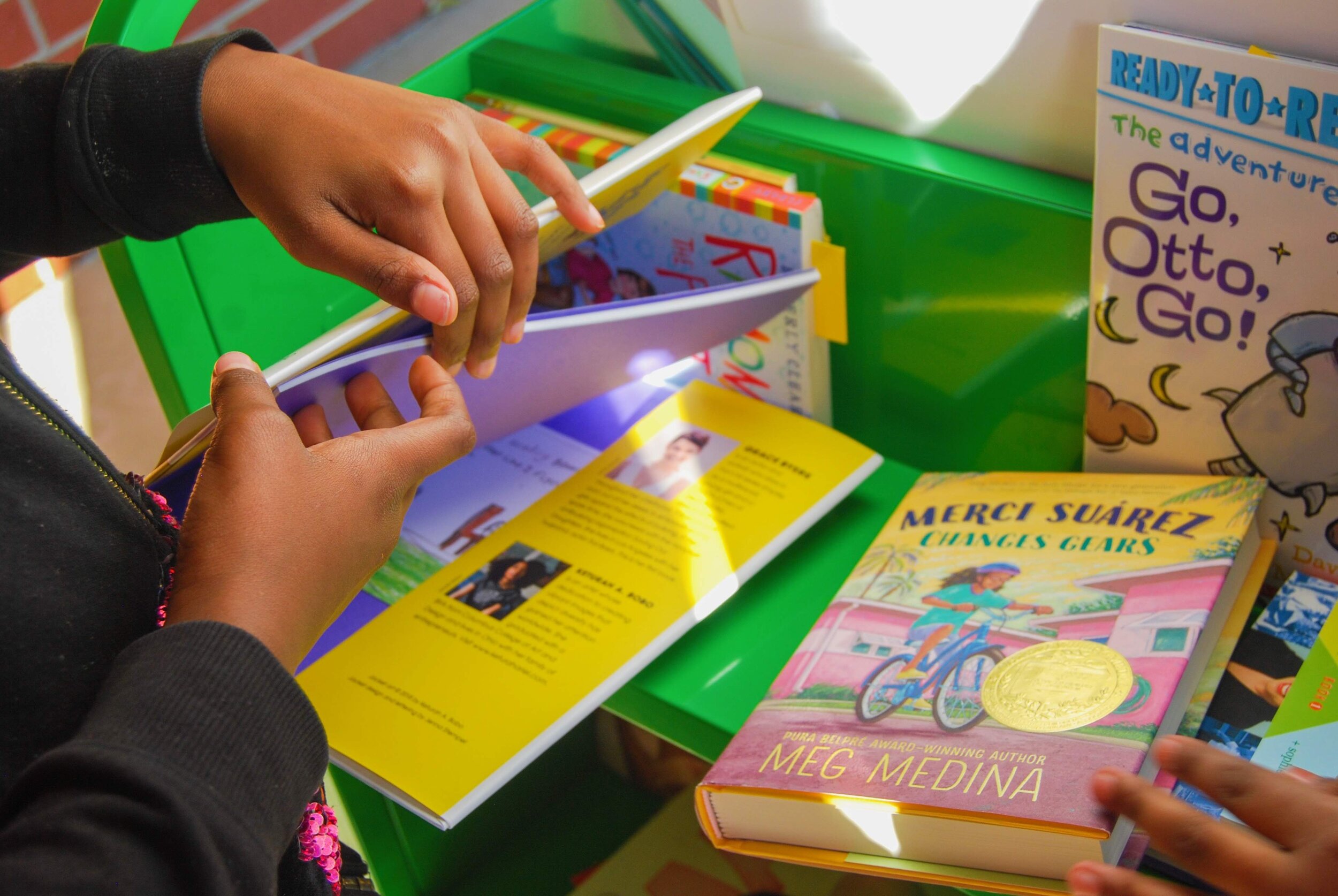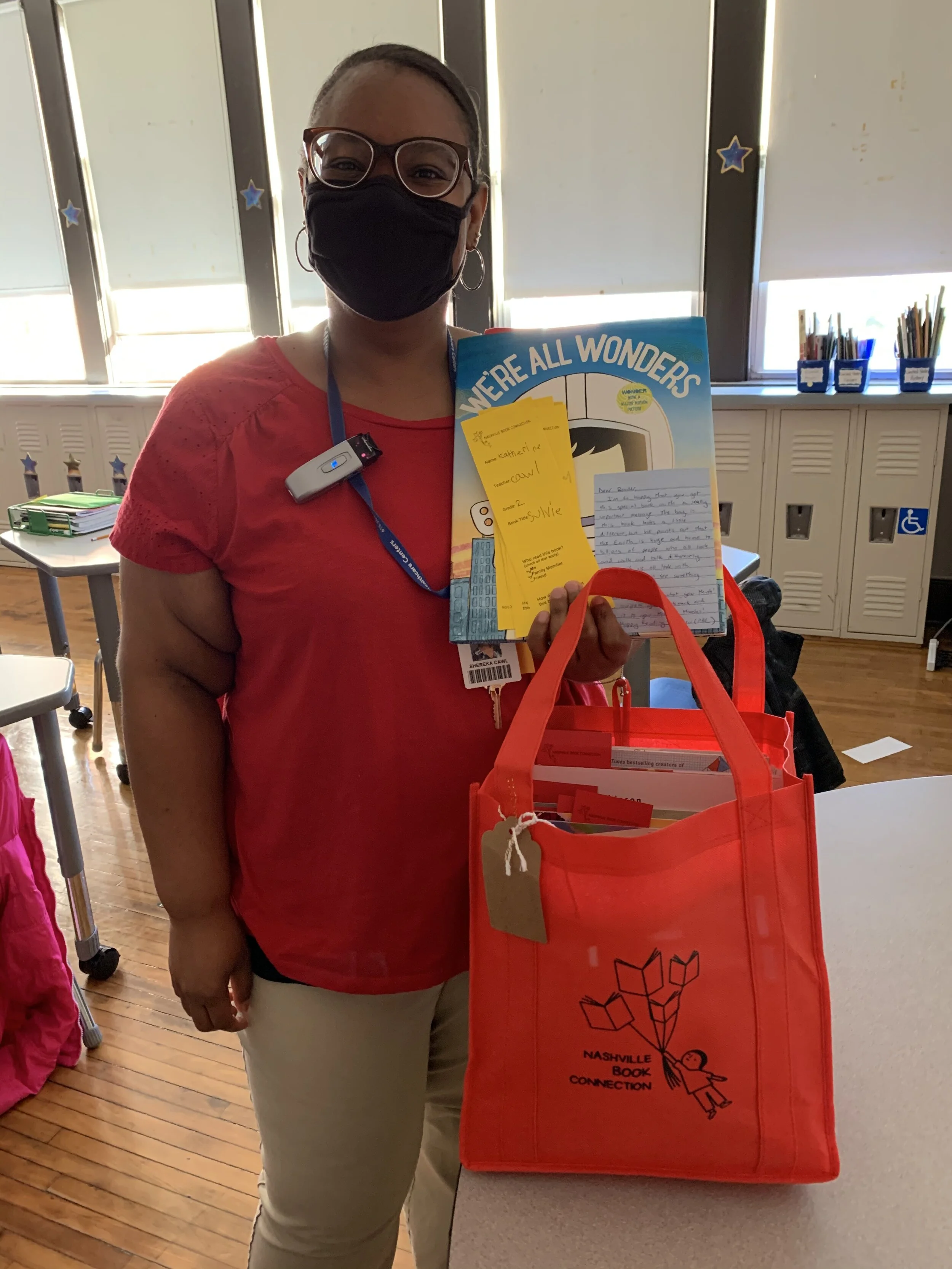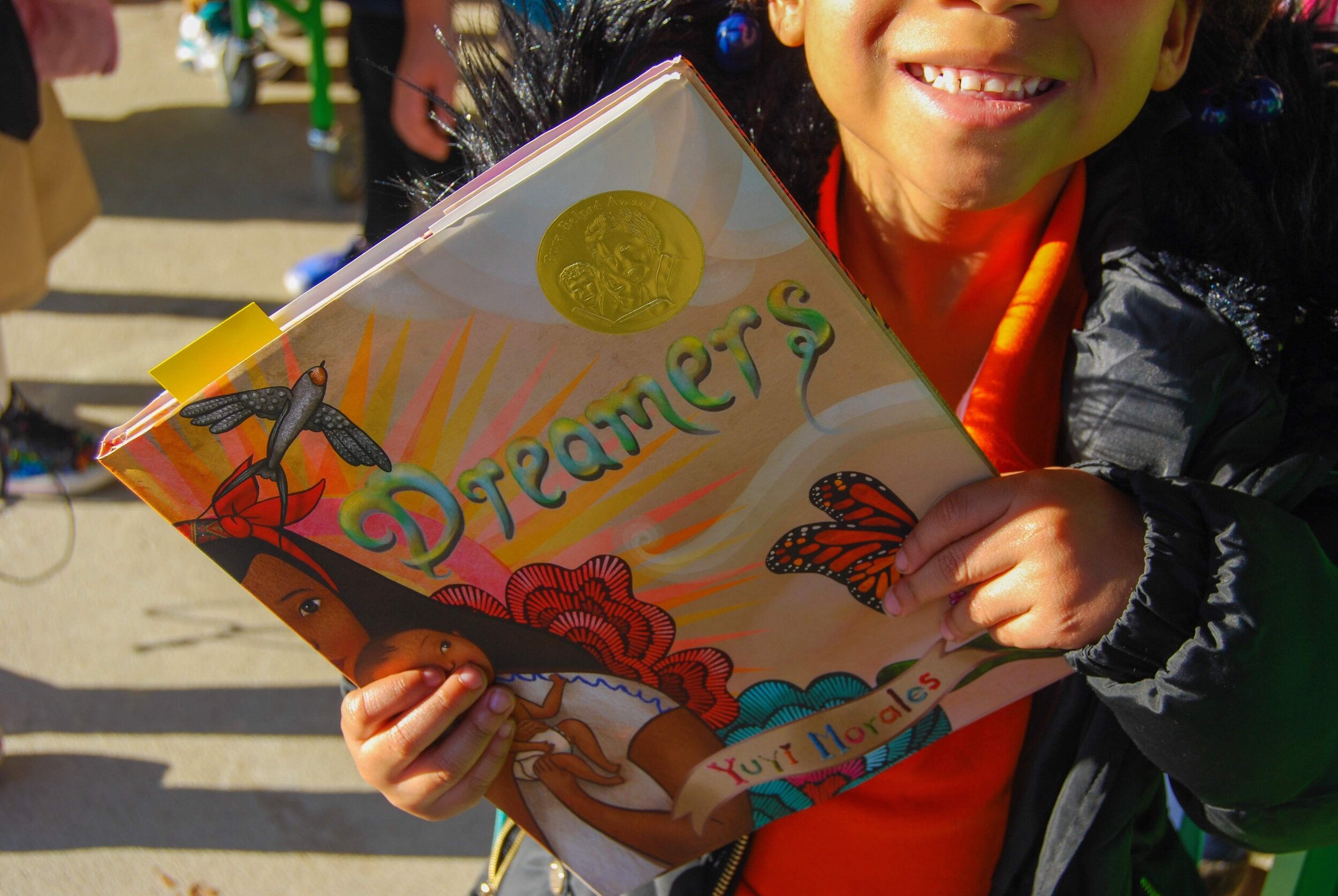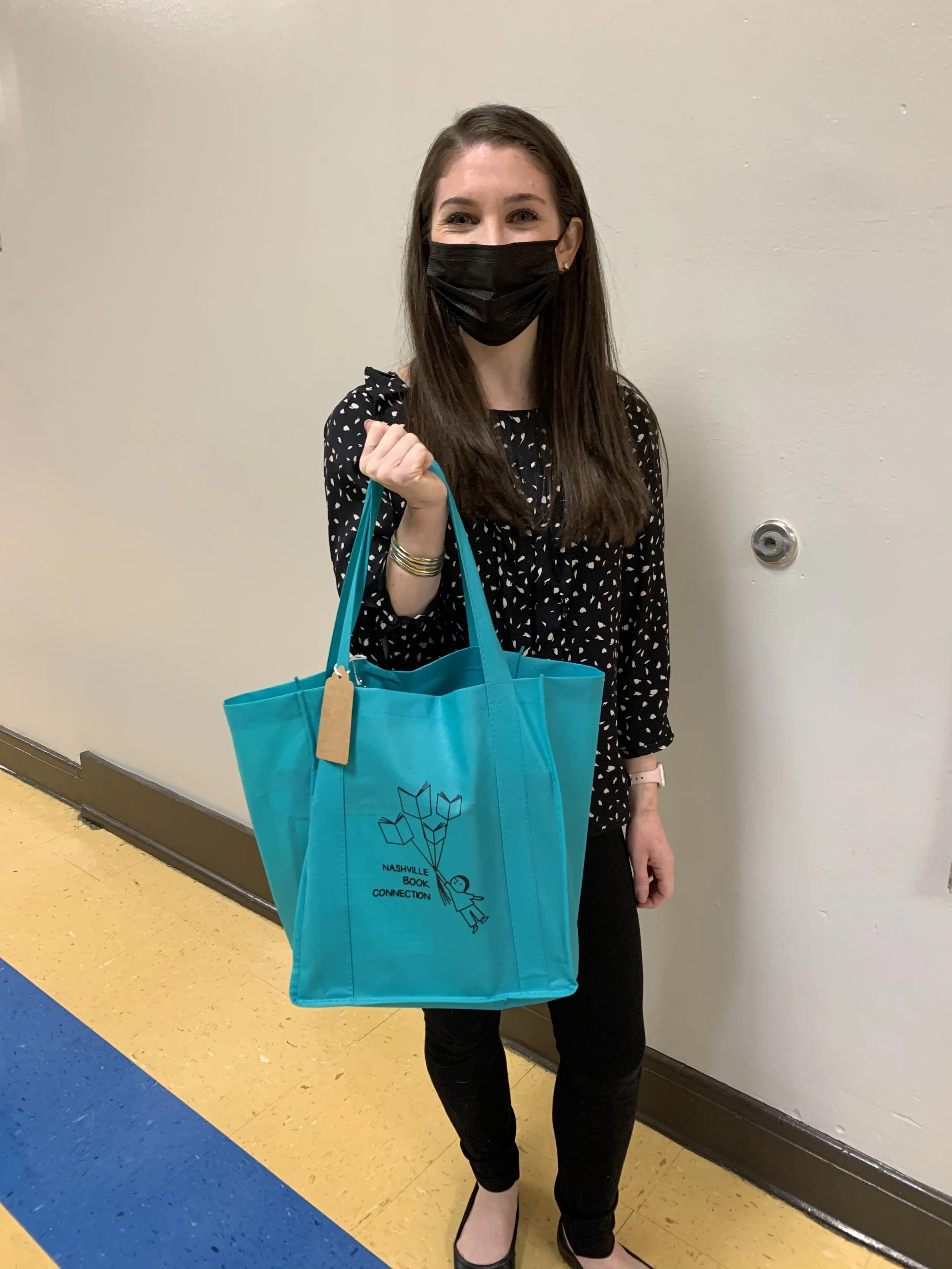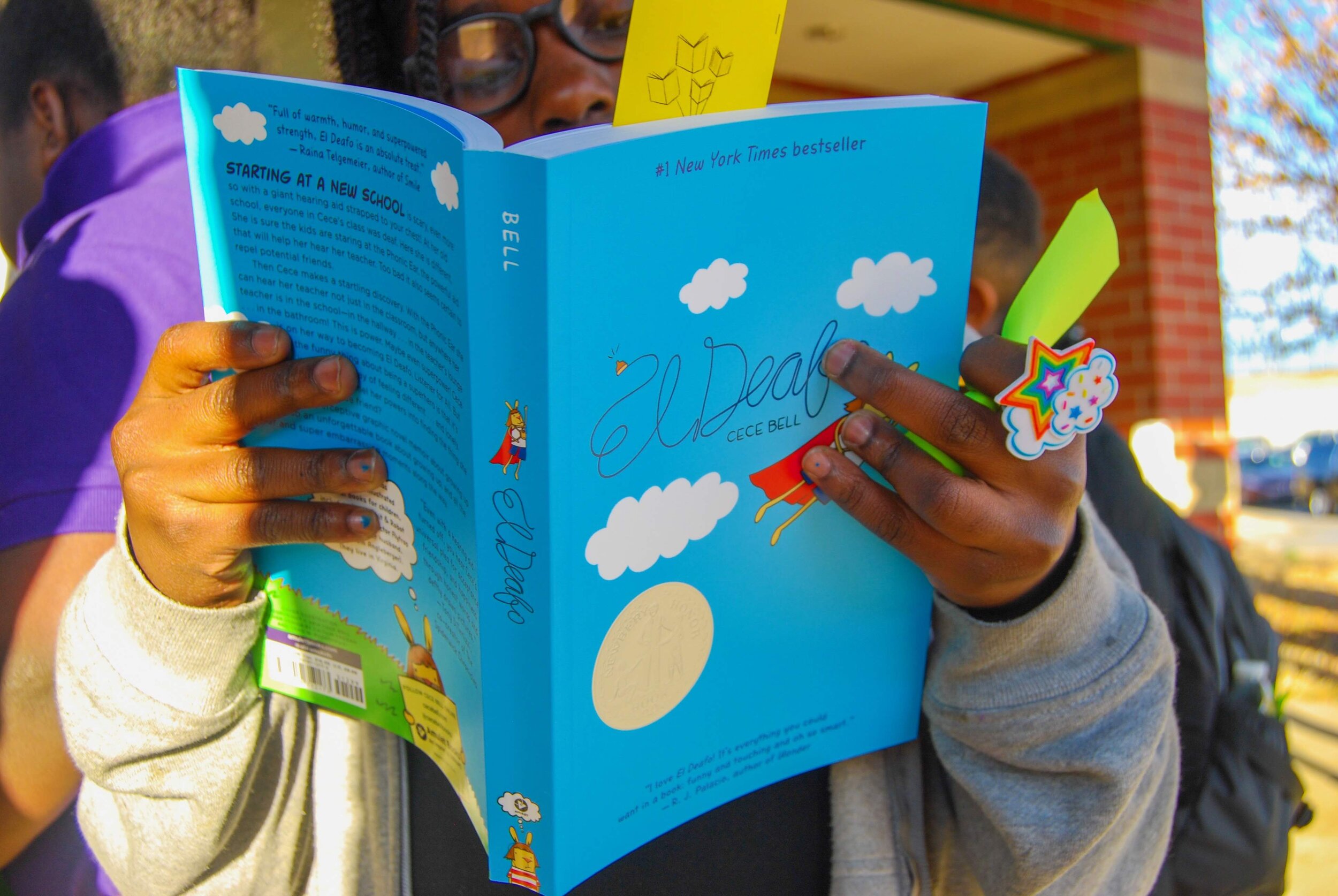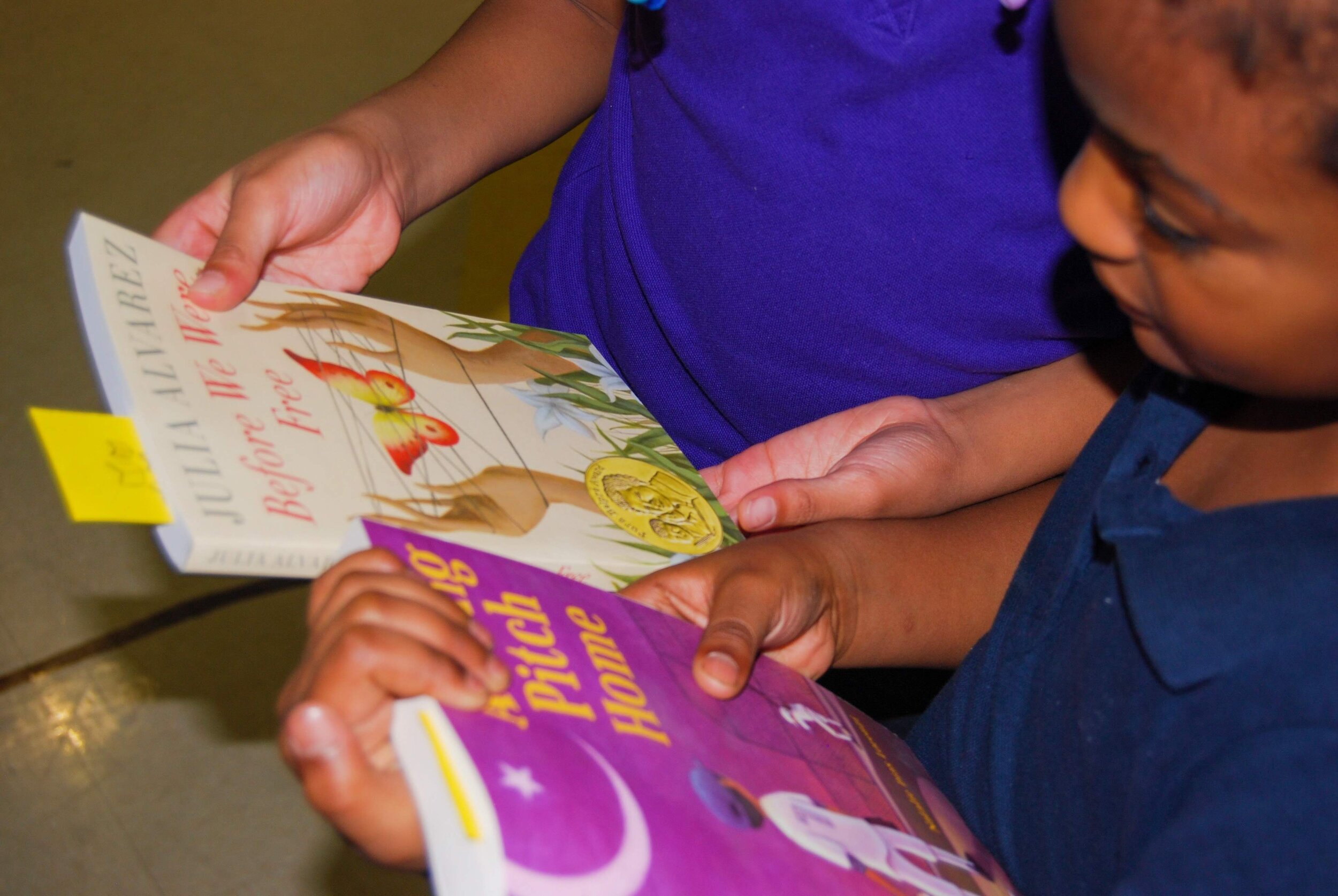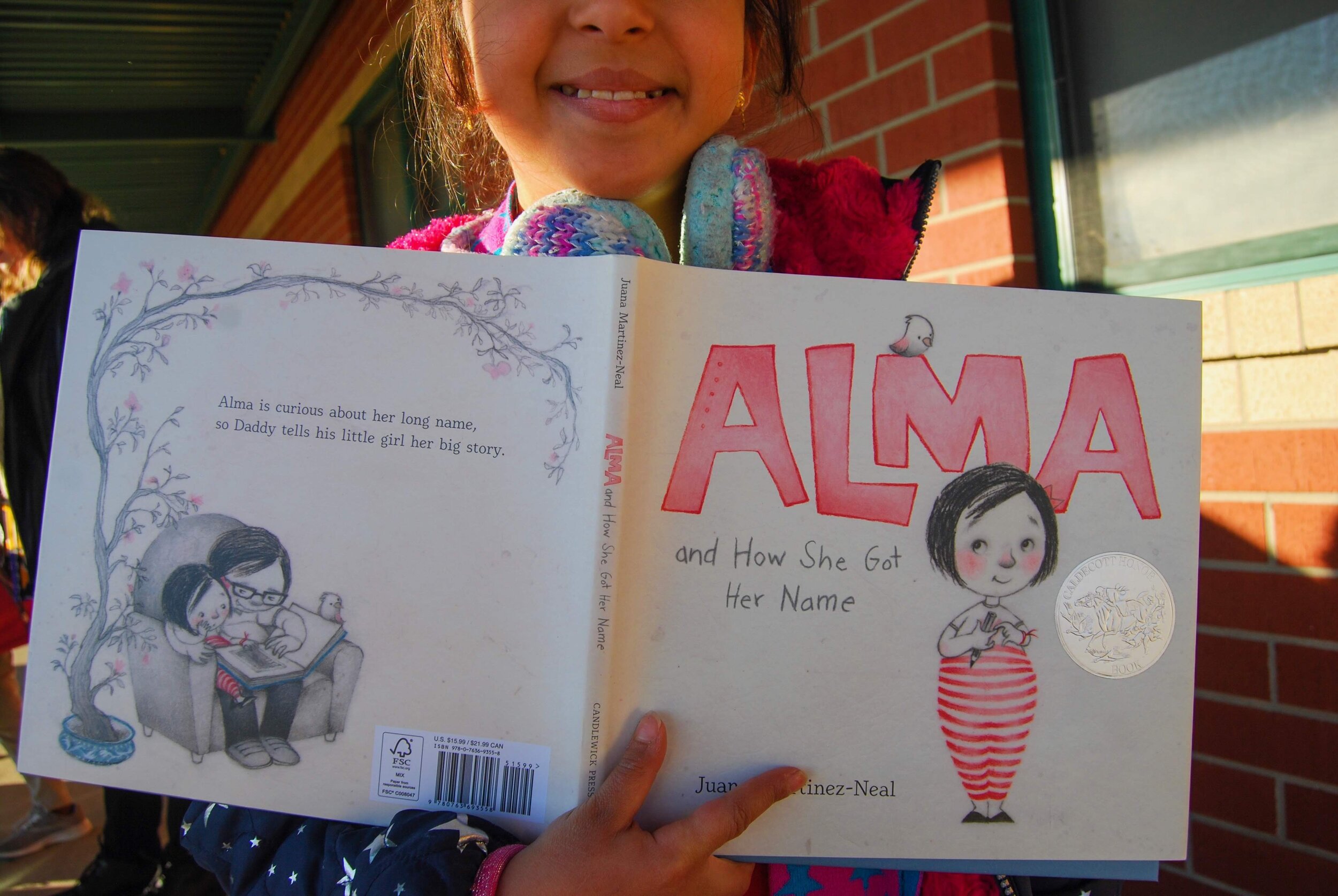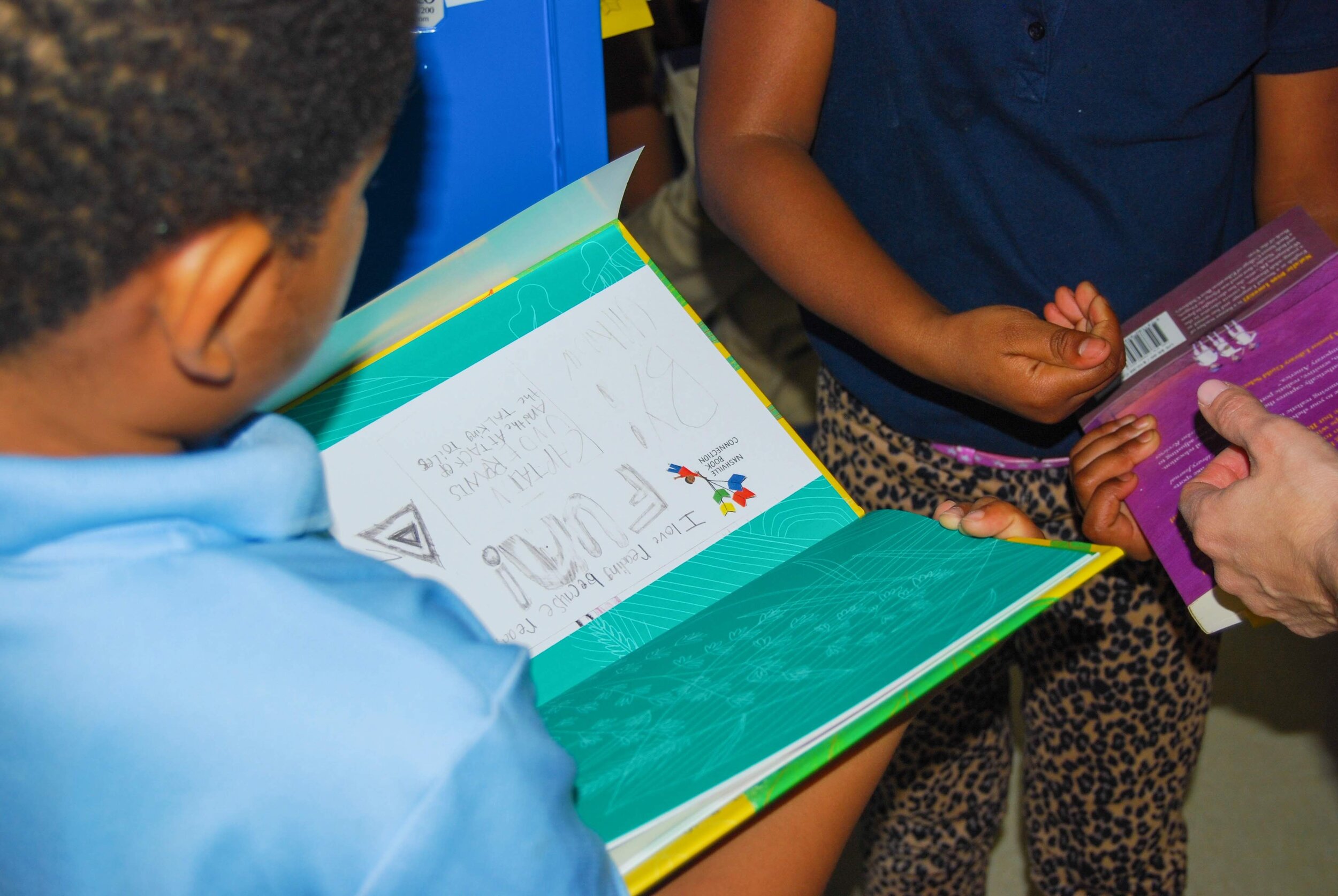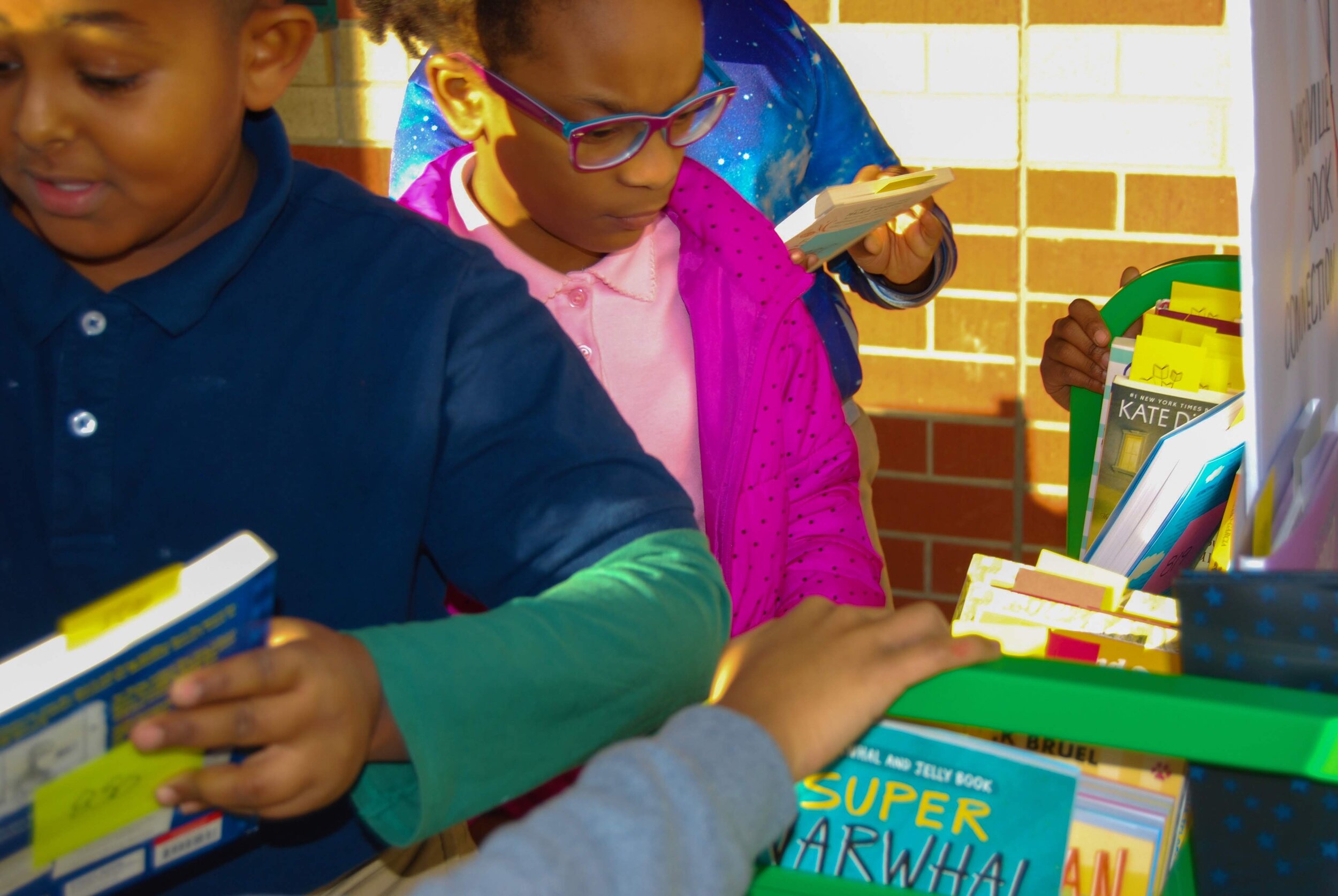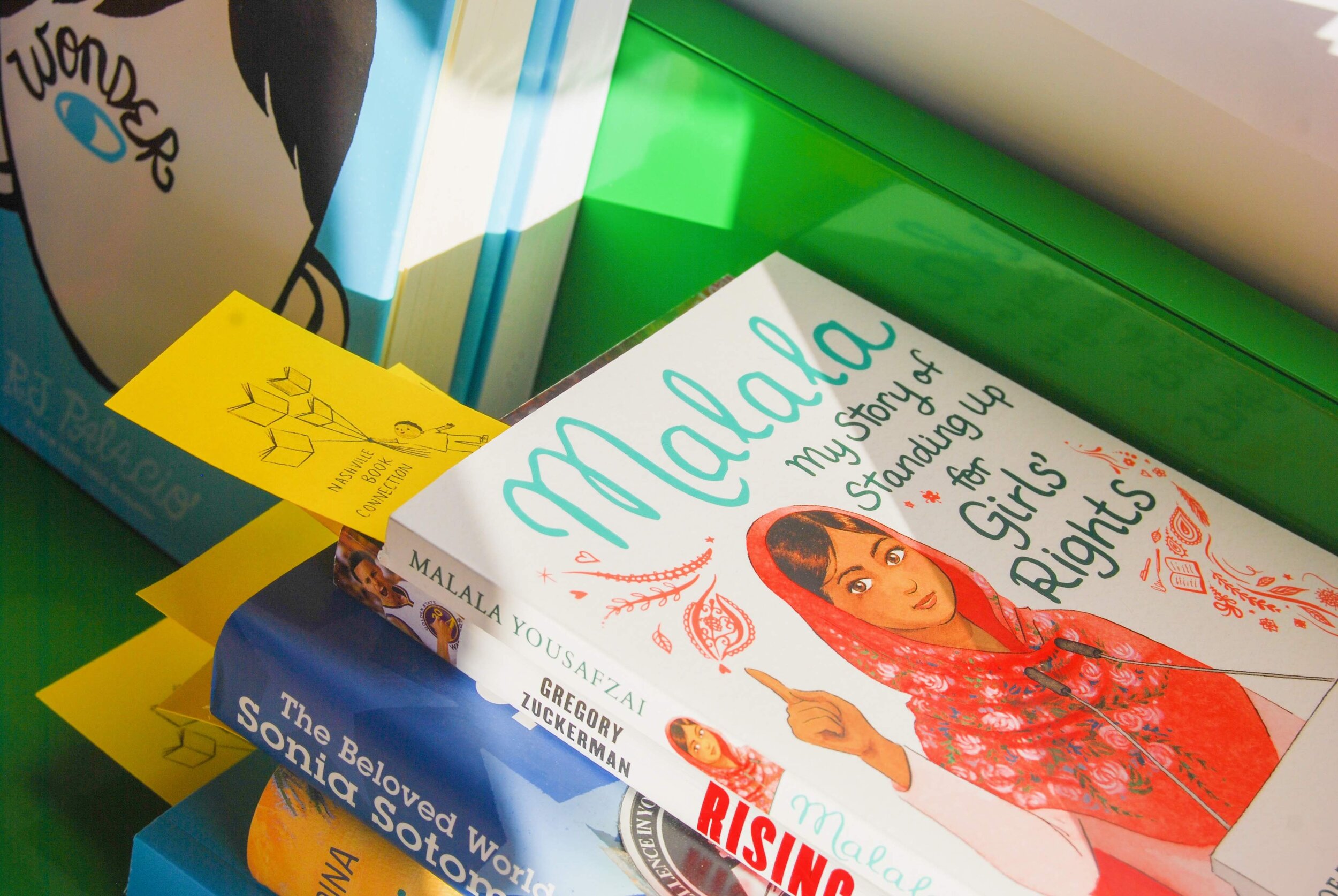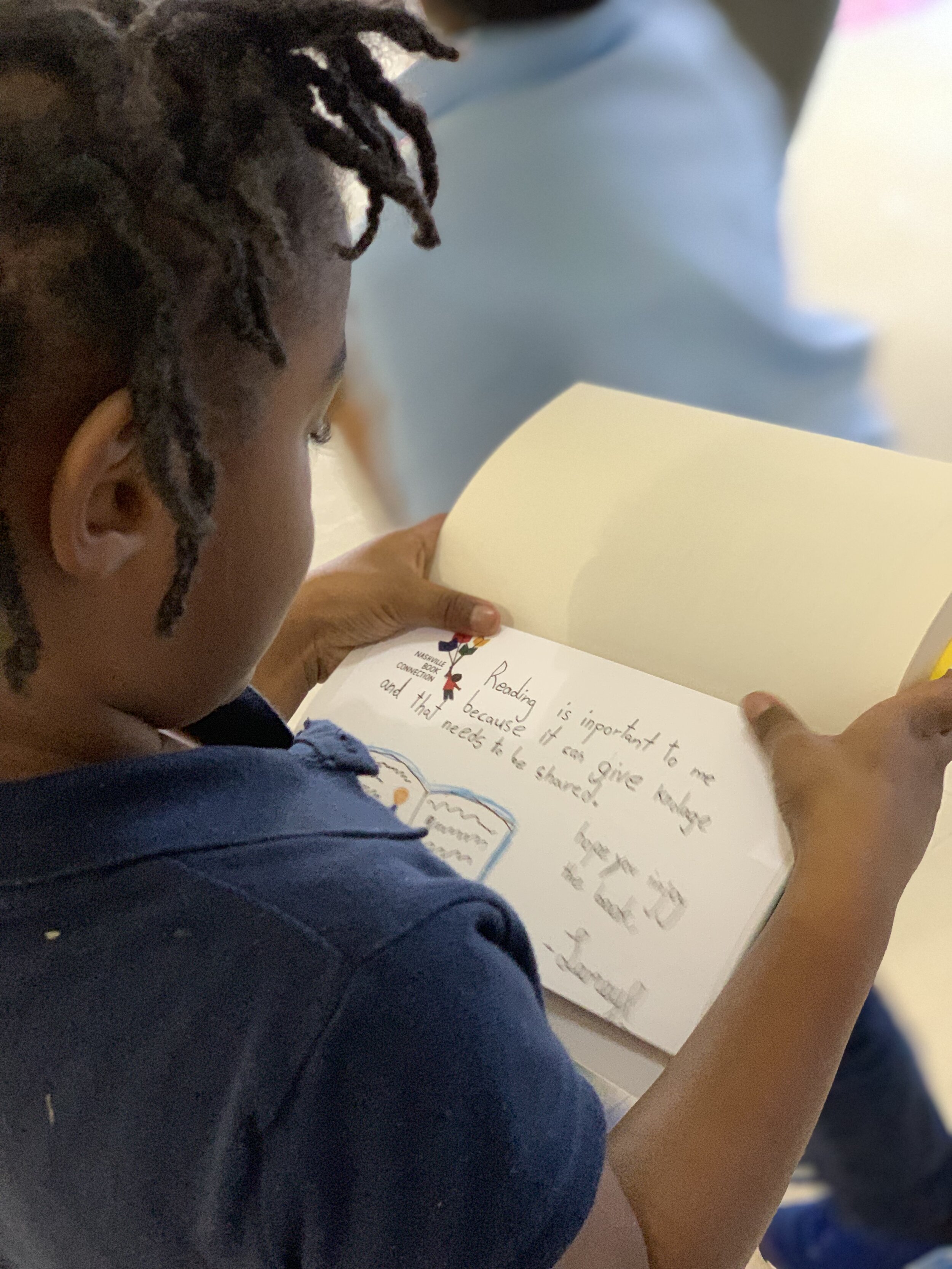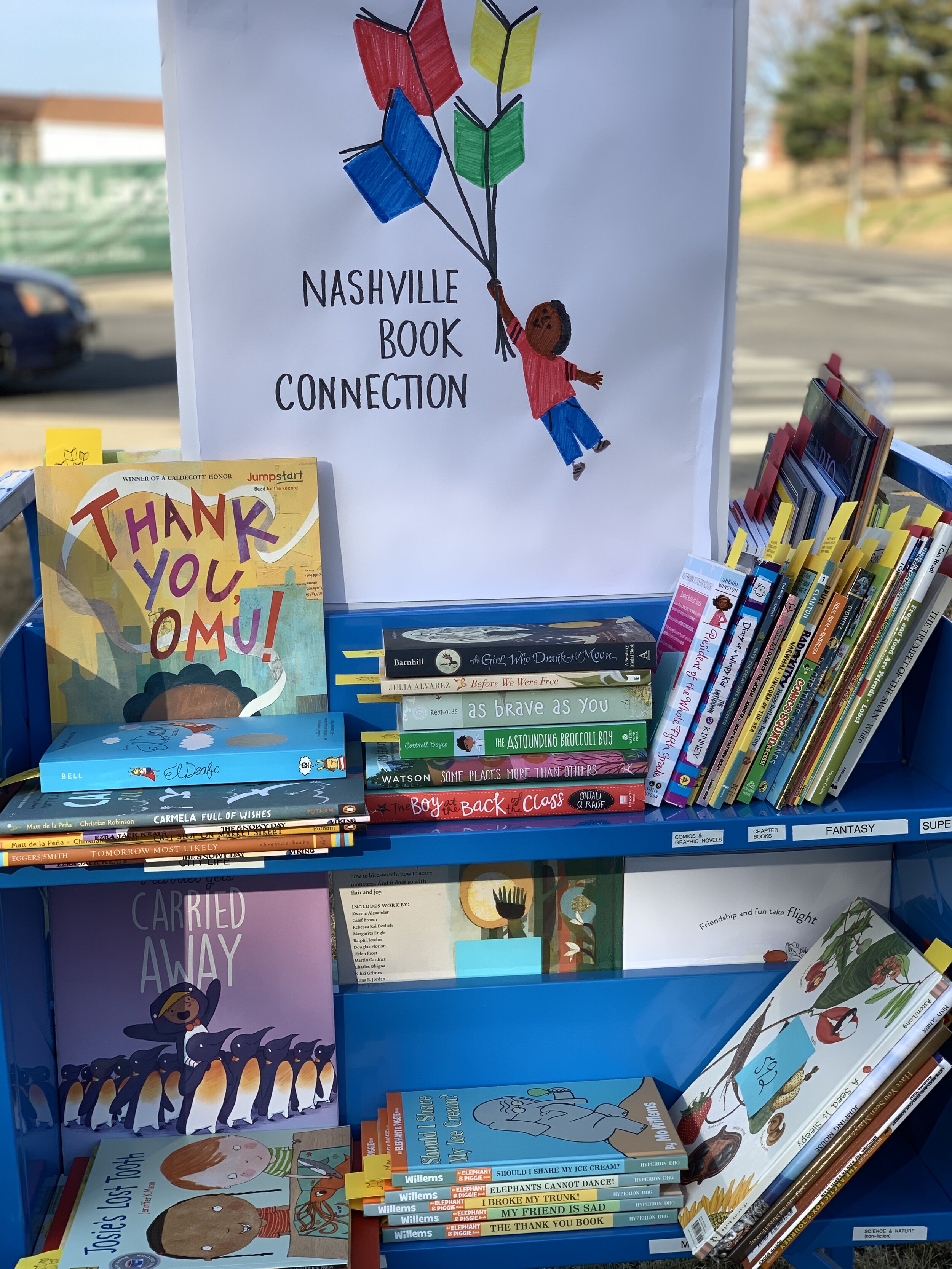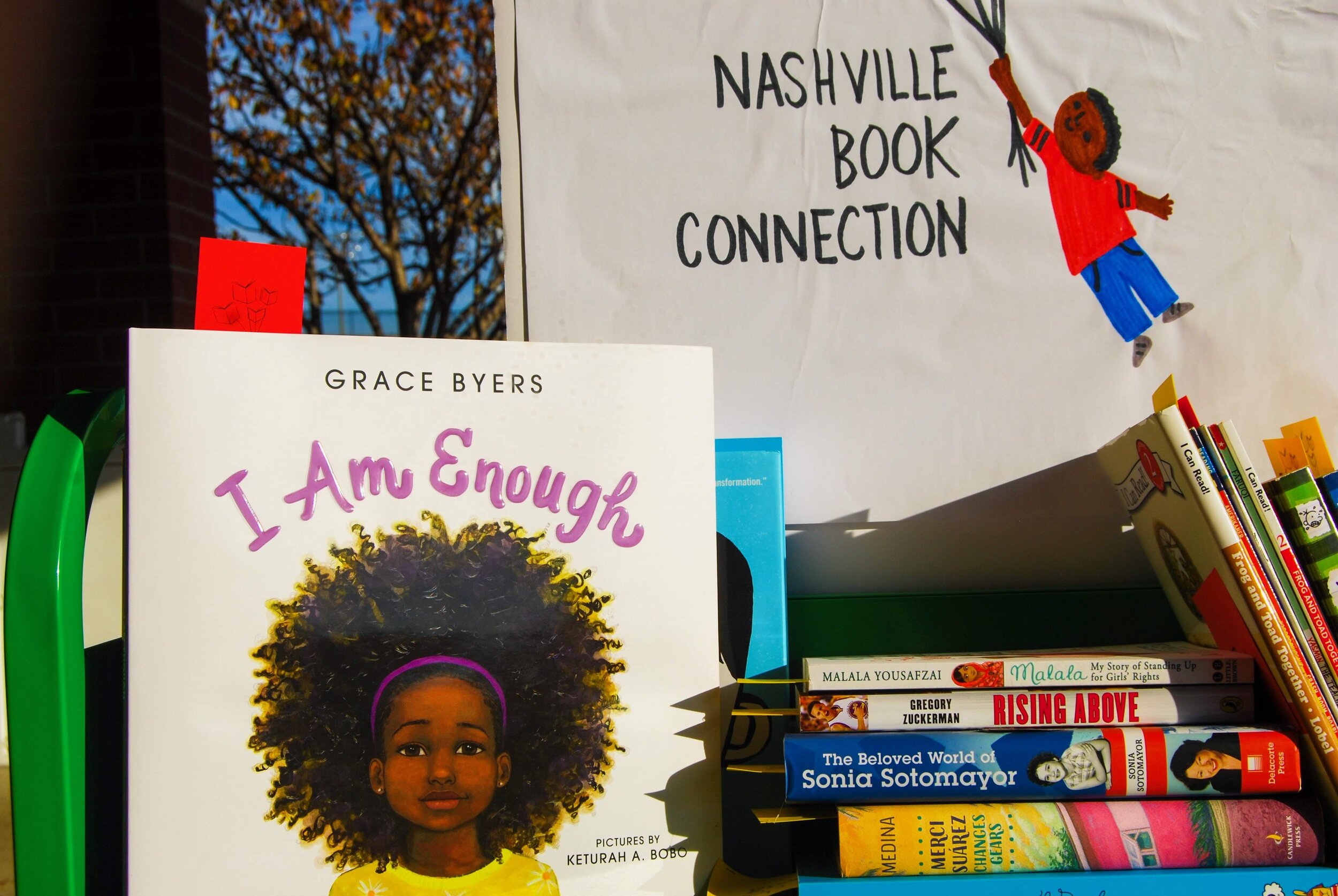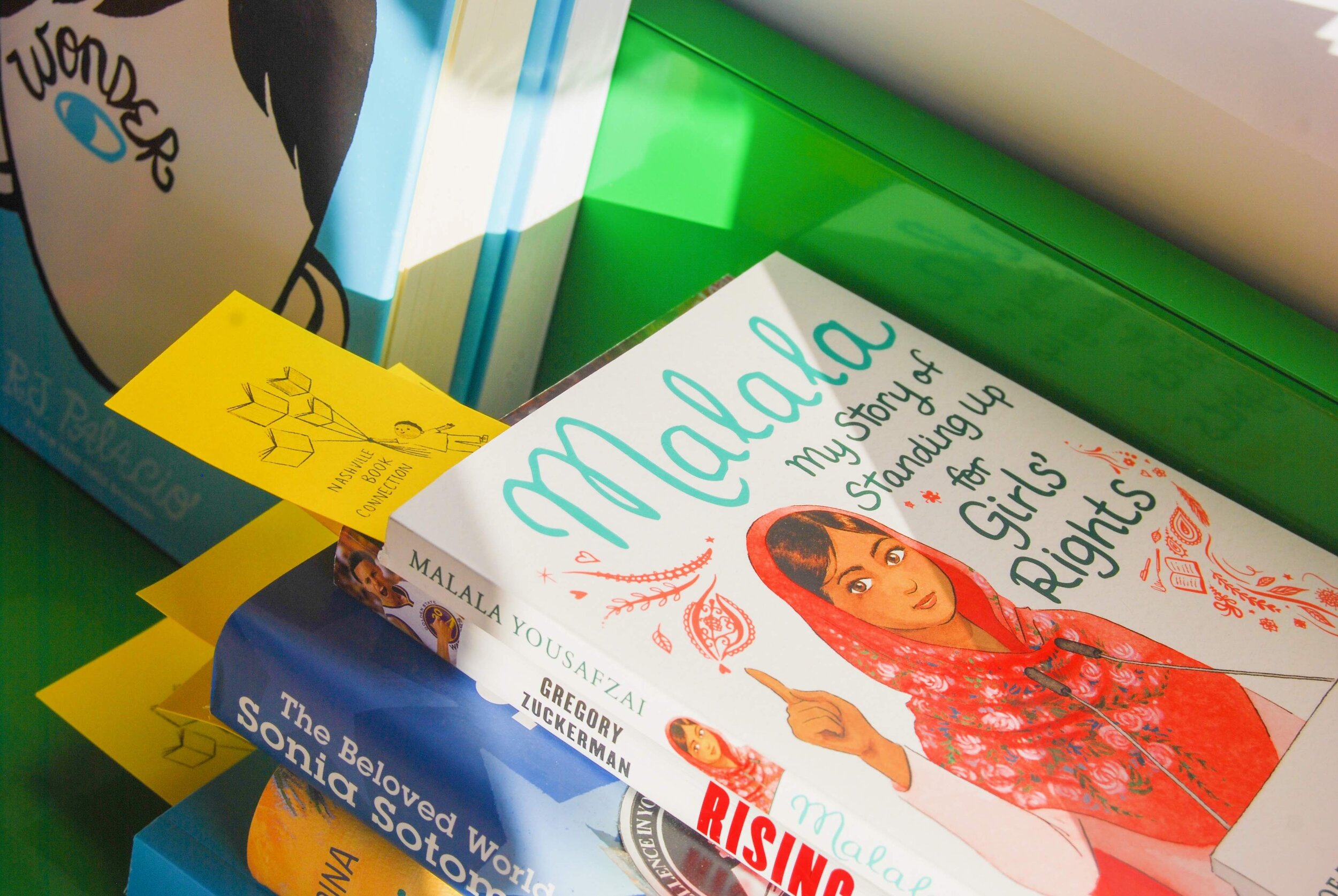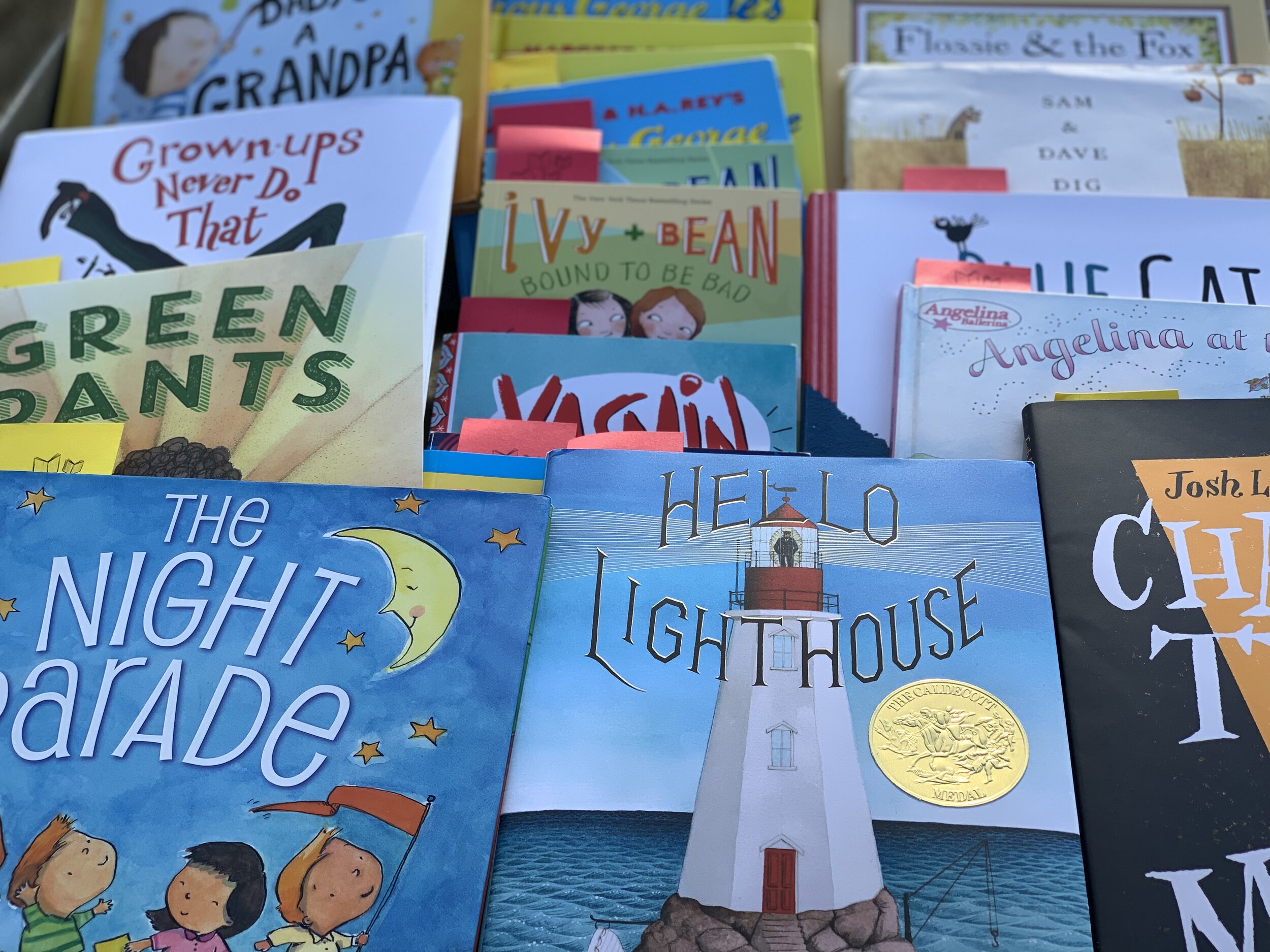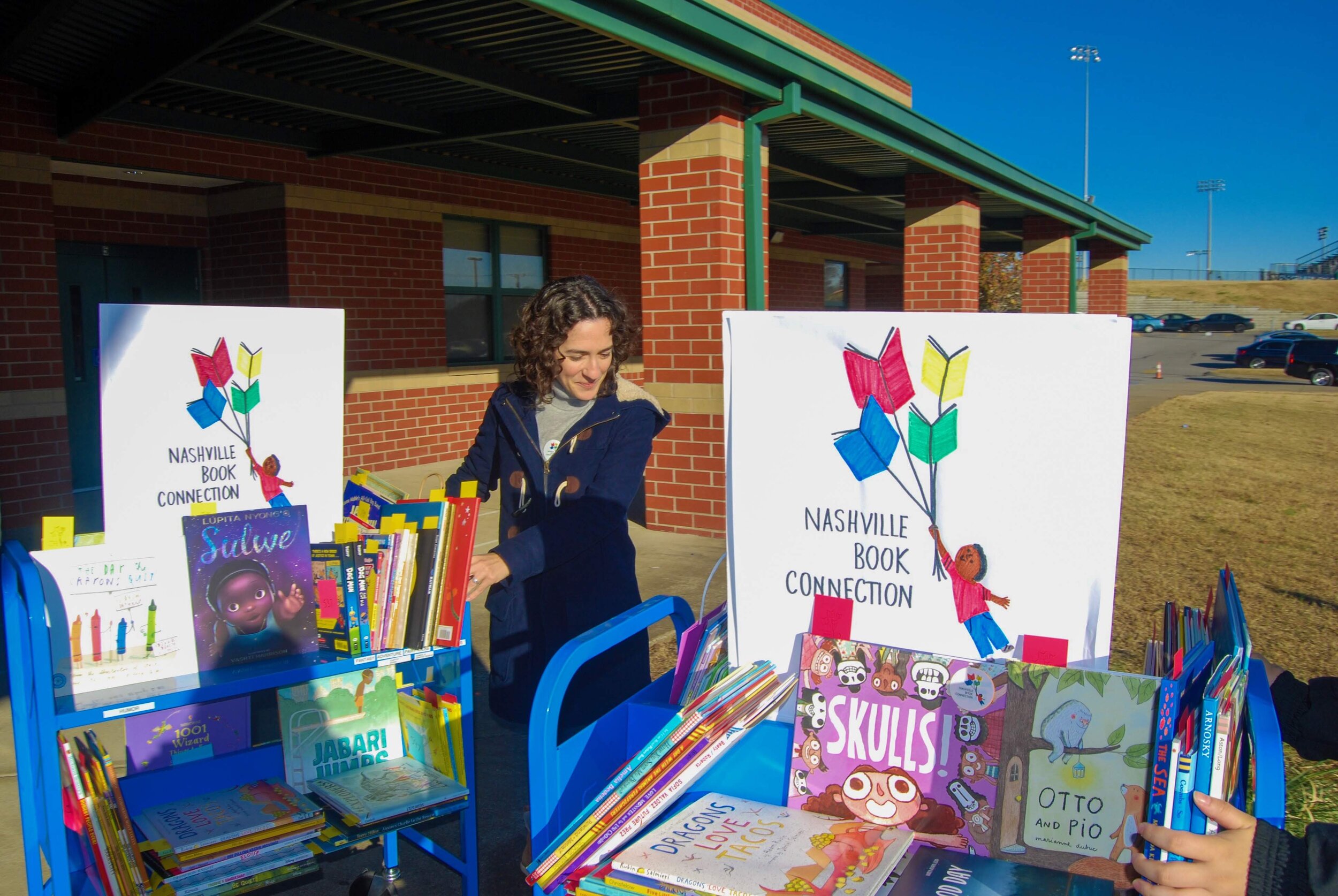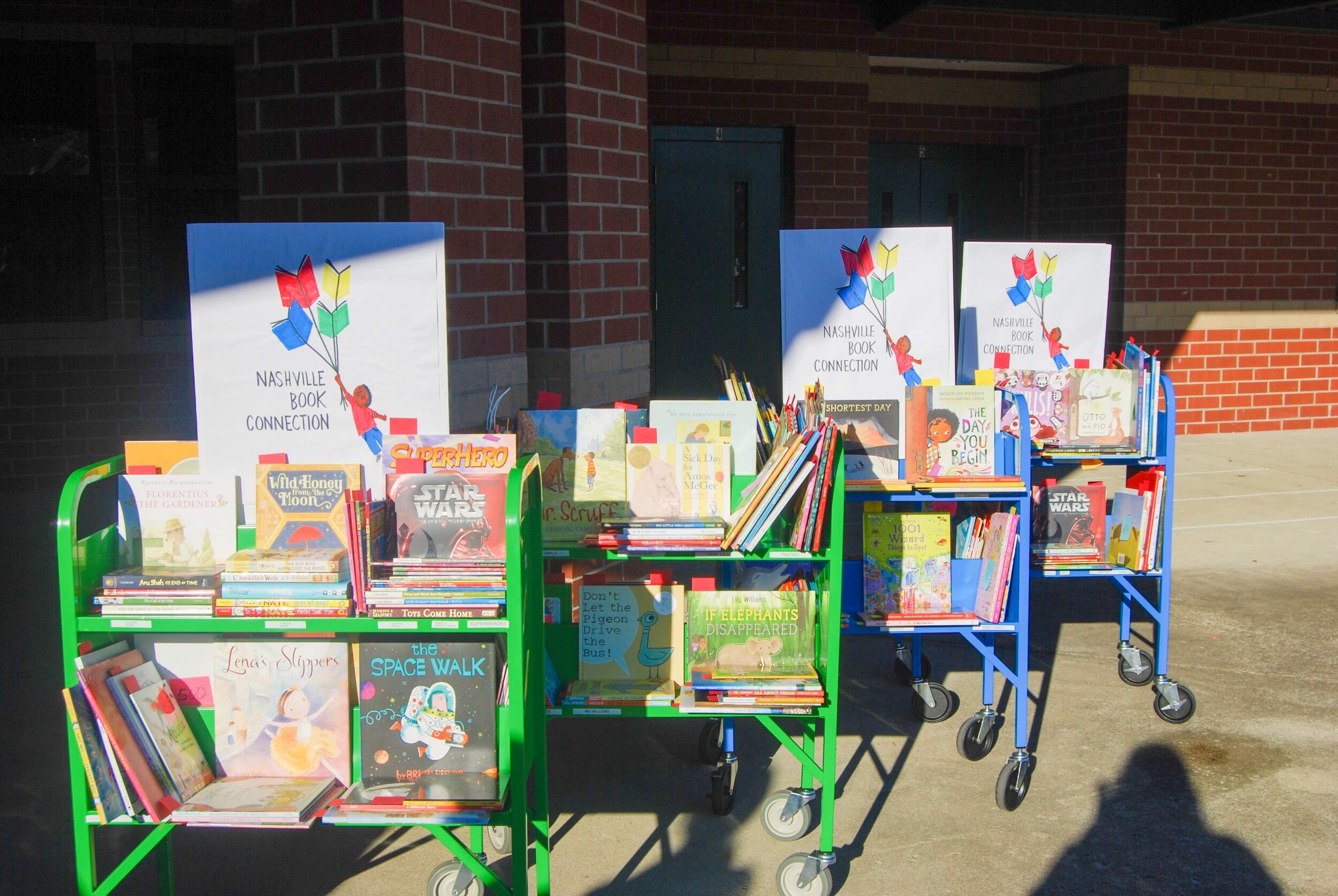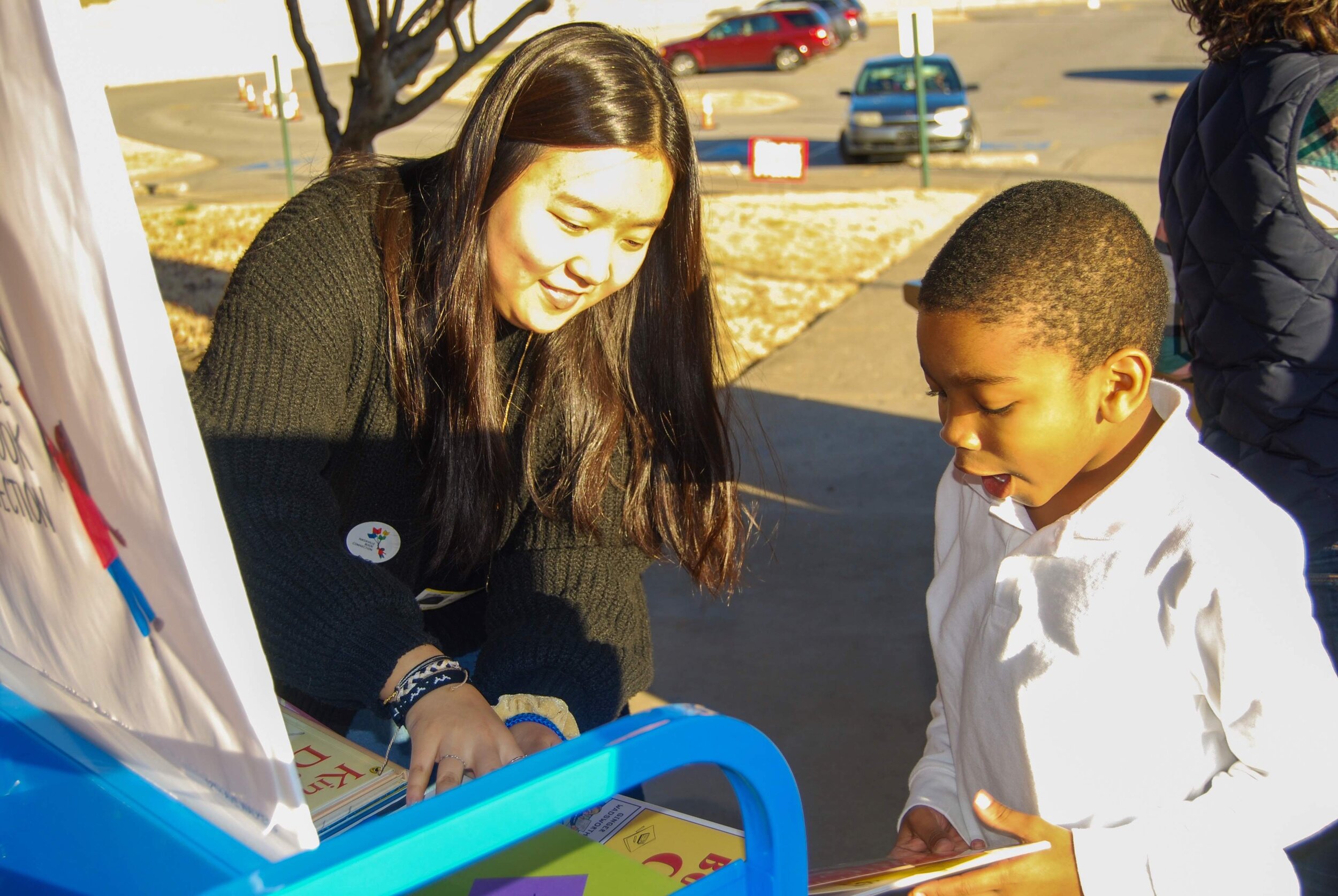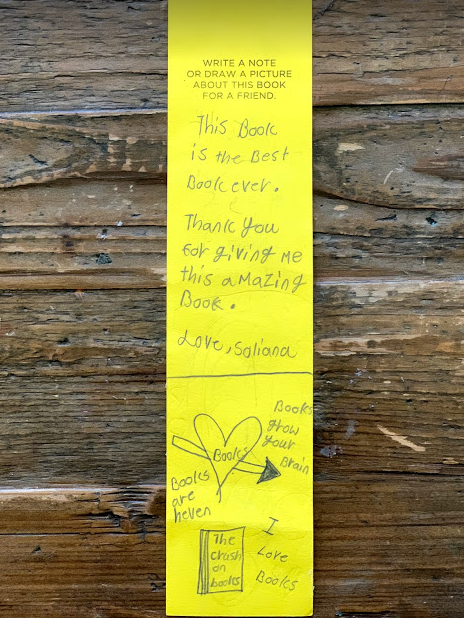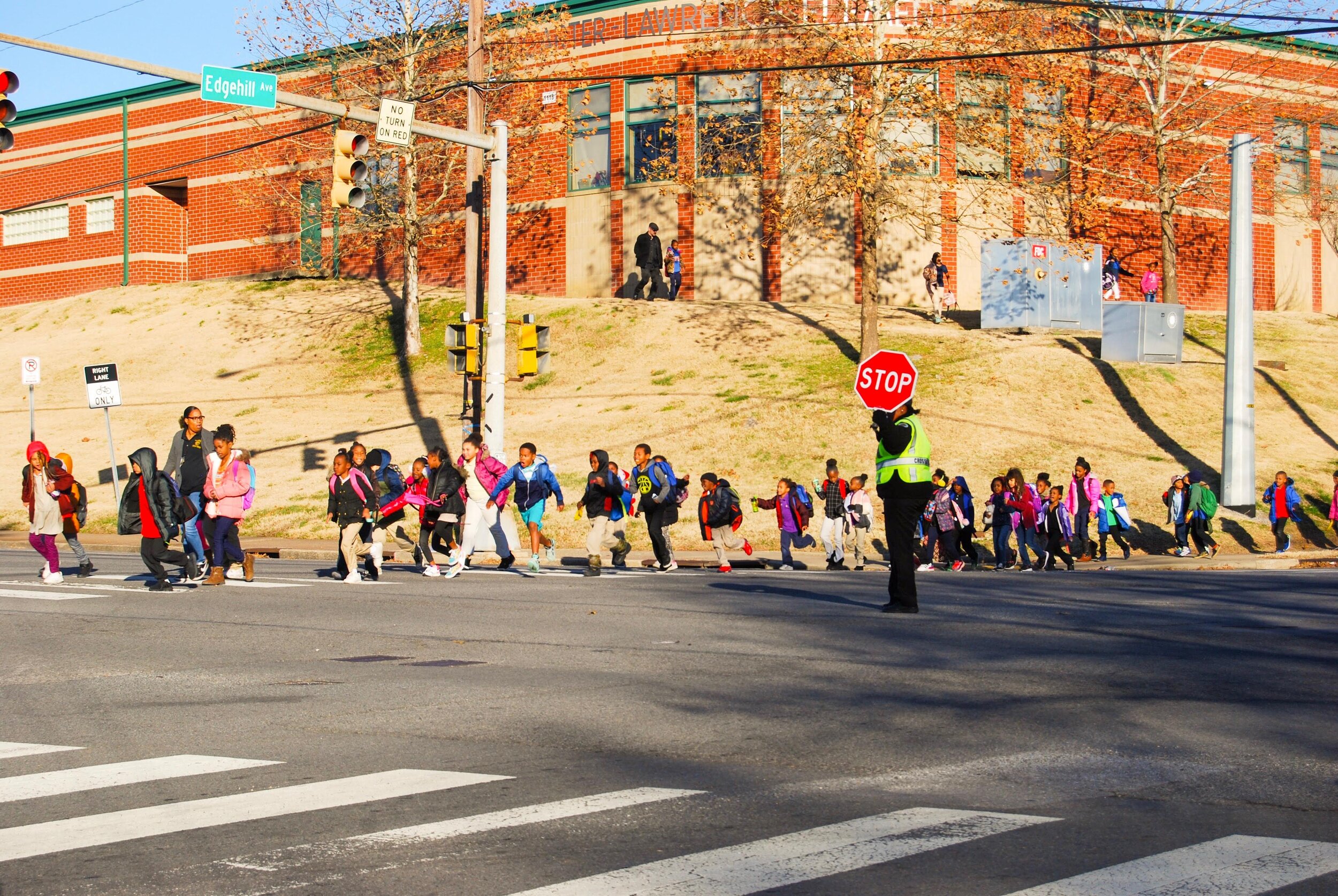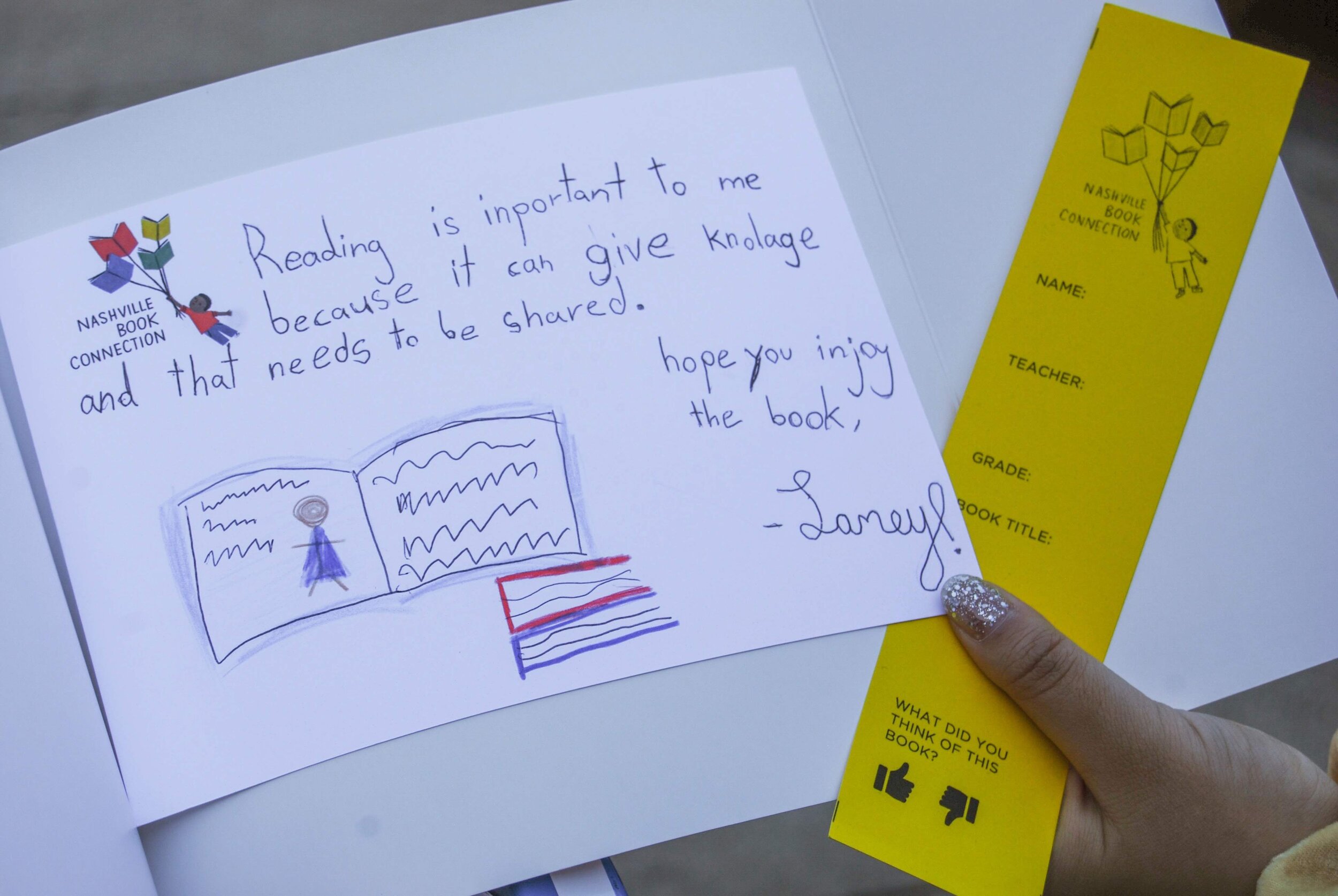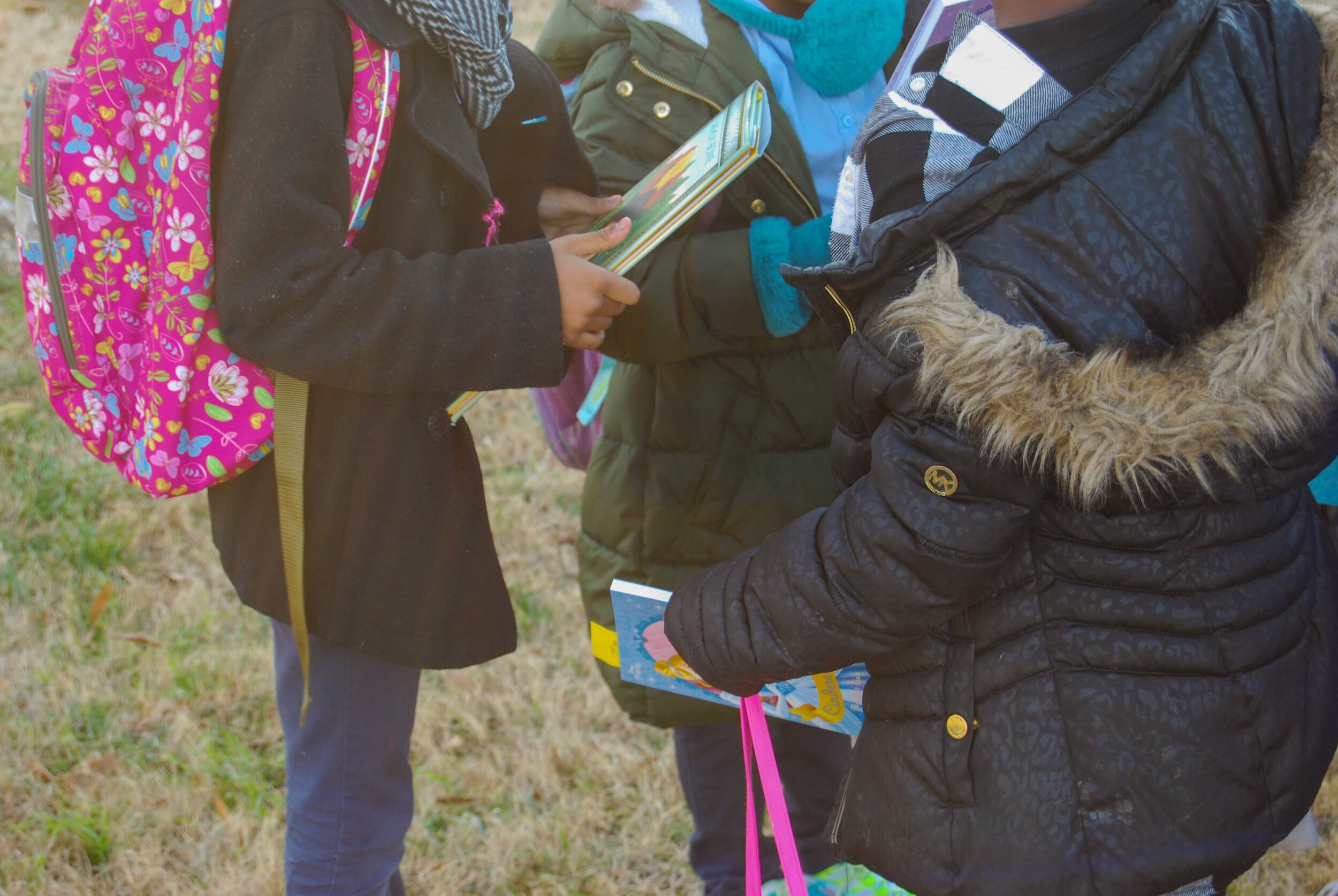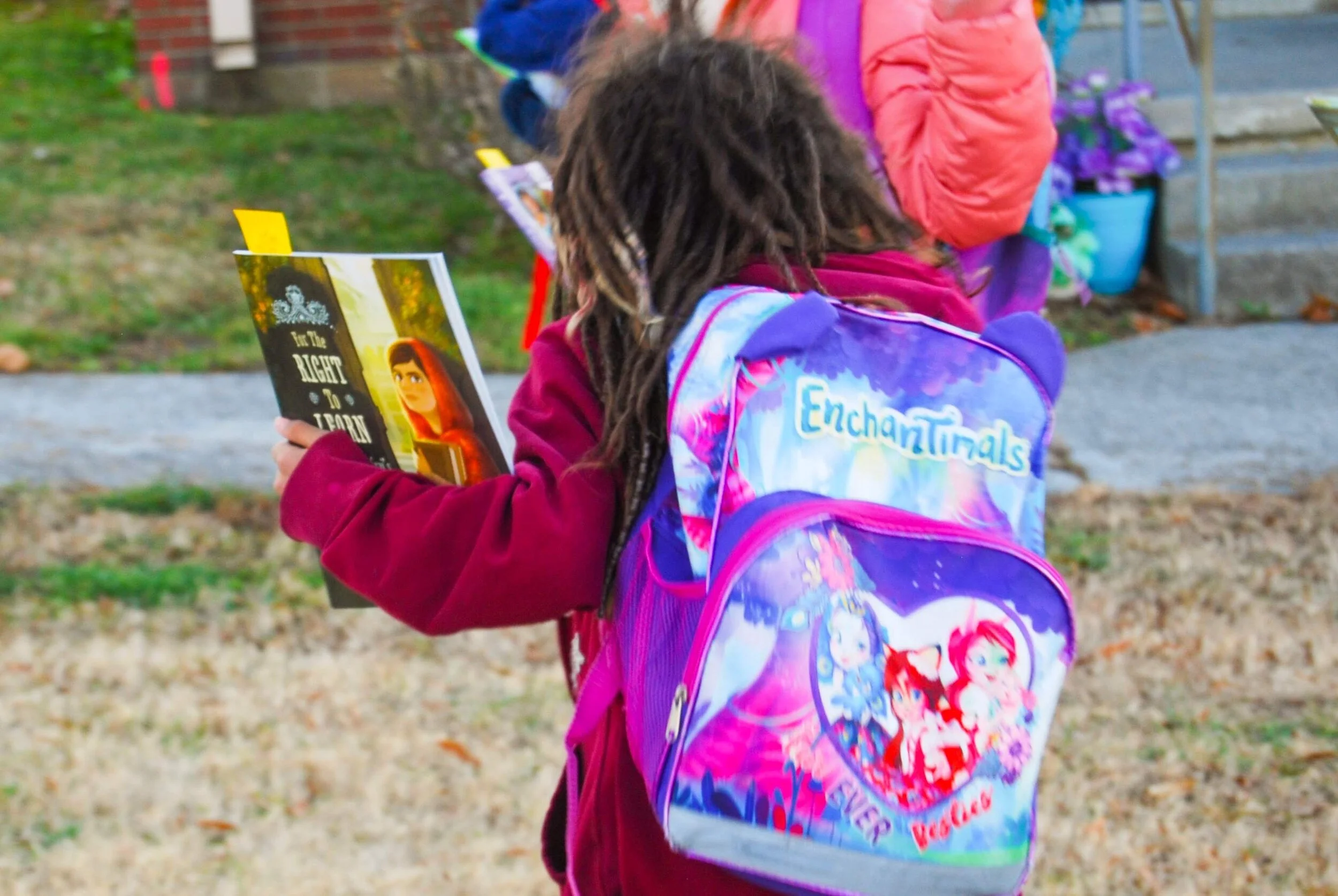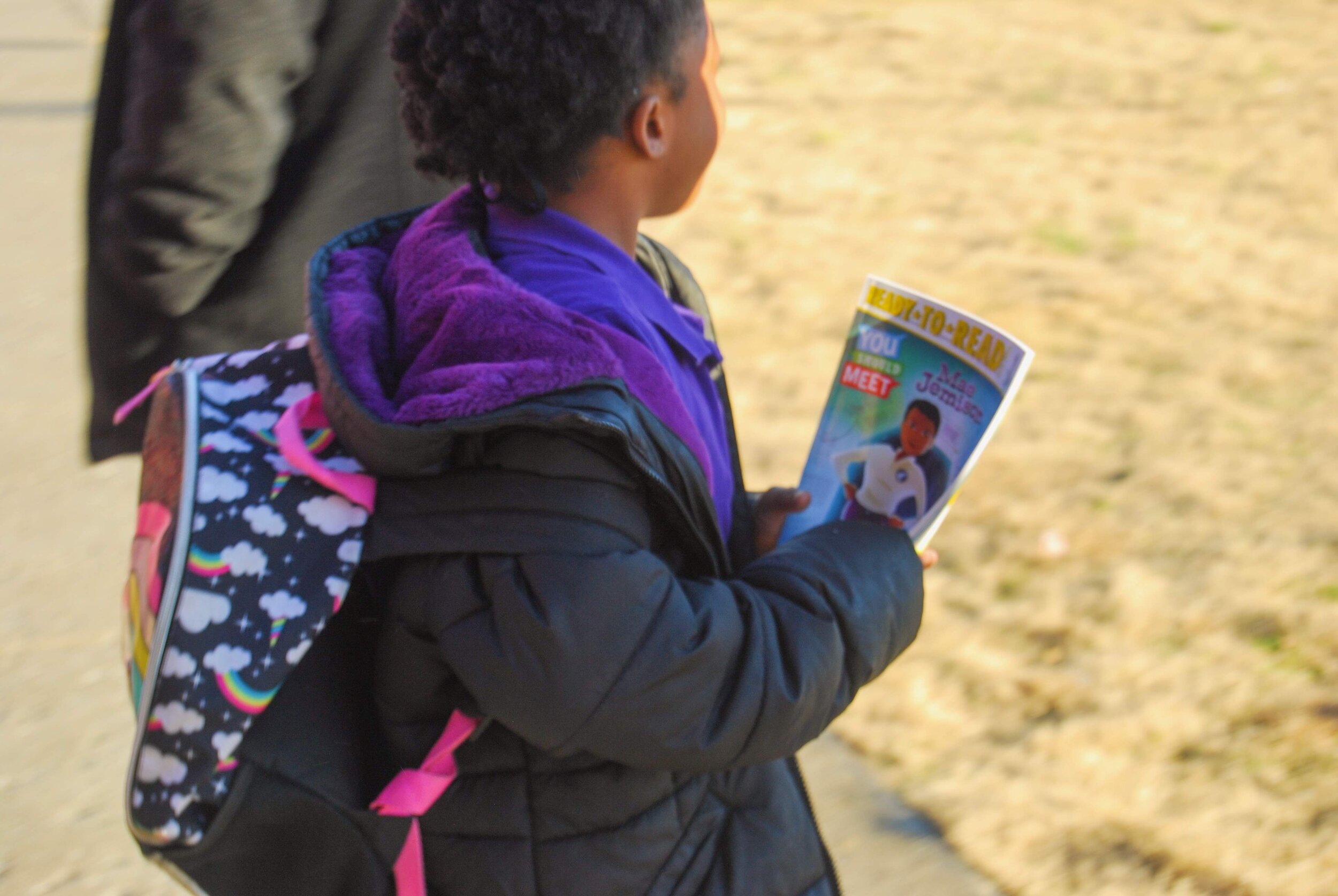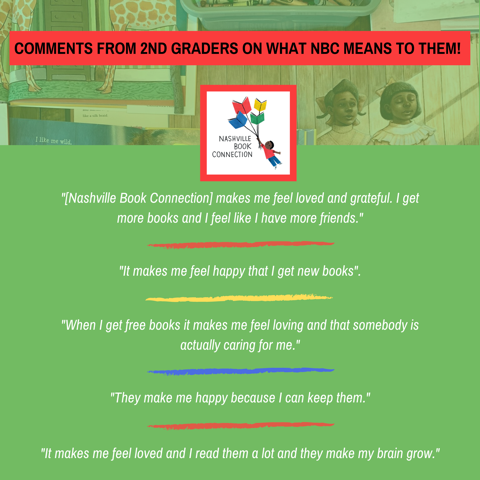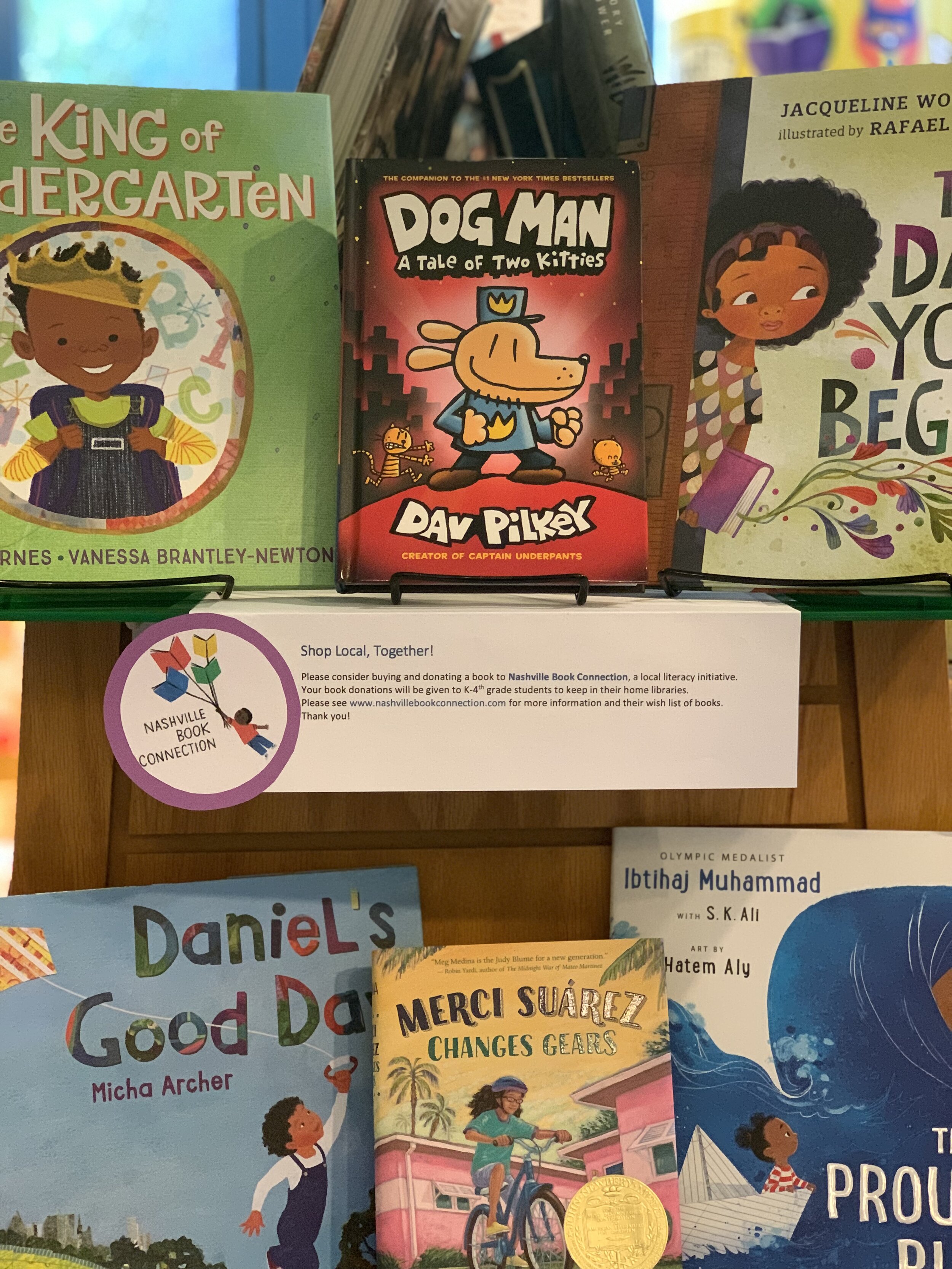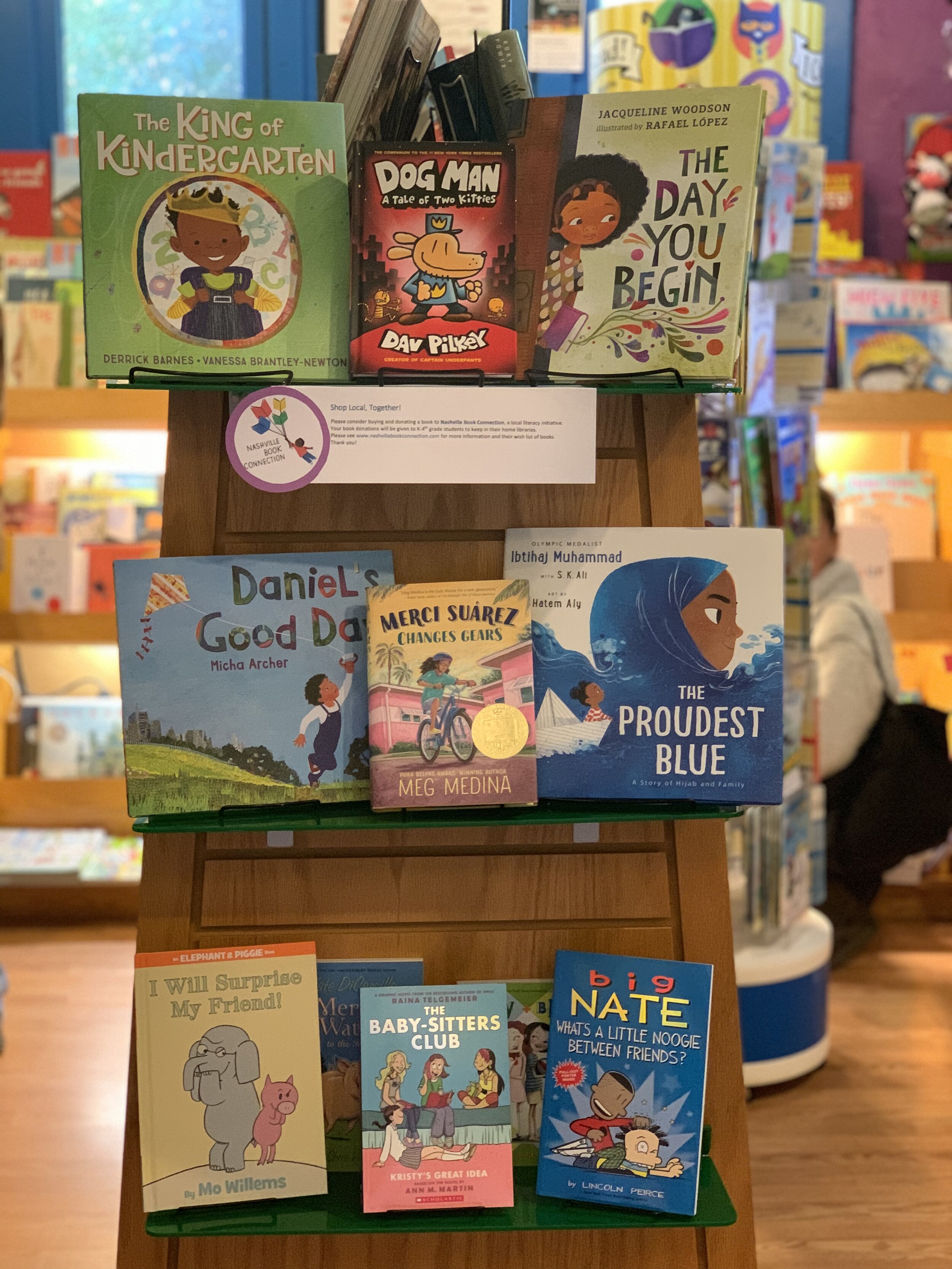Impacting individual literacy needs.
Nurturing Reader Identities & A Culture of readership
Reader Identity
Reader identity is the process of a student self-identifying as a reader, regardless of reading level. Research indicates, the stronger a student identifies themselves as a reader, the more they engage with reading, take ownership of their reading choices, and participate more in the classroom. A core piece of nurturing reader identities is curating a collection of books that offers representation, diversity, and inclusion. Our diverse collection of books offers windows and mirrors for students to see and be seen. Our program requires students to actively participate in choosing what they want to read and voice how they feel about the book. We nurture reader identities as students uncover a sense of pride, passion and excitement around reading, book ownership and shared experiences.
Our approach is personalized, collaborative, student-centered and data-driven. We value student agency, access to new, meaningful books and understanding student interests and needs as cornerstones for developing readers.
When our team helps students voice their reading interests and needs, we see social-emotional growth and increased engagement in school
Culture of Readership
A Culture of Readership is about connection.
A home with a culture of readership is one where habits of connection--to one another, to oneself, and to the rest of the world--exist because of consistent engagement with books.
Not only does engagement with books bring to life a child’s imagination, curiosity, risk-taking, confidence, and self-actualization but it also enriches interactions they have with those around them. A culture of readership is key to healthy social-emotional development.
Measuring Impact
We measure impact as best we can. Each book has an interactive feedback bookmark inside. We ask students to return their bookmarks once they have had some time with their books. This information allows us to not only determine which books are successful with students but also which students are engaged by the feedback process.
Next Steps
We are always working to gather additional data to better understand what home readership looks like and to what extent NBC's pilot has moved the needle--at home and at school. Through building relationships with faculty, staff and students, we learn volumes from each school partnership.
All of these outcomes are critical to successful literacy outcomes.
What students are saying about NBC.
After each pilot program, we interview students, teachers, and parents about NBC. In their own words, learn more about the impact of NBC in the classroom and at home.
READING WITH FAMILY
I think the books are really good. Whenever I go home, me and my brothers read the [NBC] books. I sometimes read to my baby brothers so they can go to bed. They are 3 and 4 years old.
- MNPS 4th grader
DEVELOPING READER IDENTITY
I read them a lot and they make my brain grow.
- MNPS 2nd grader, from NBC Student Response Bookmark
CONNECTING WITH STUDENT READERS
Reading the {reader-to-reader] notes makes me want to read the book.
- MNPS 2nd grader
DISCOVERING WINDOWS + MIRRORS IN BOOKS
I think the books are really interesting… I feel like I’m in [the books], like actually doing the things.
- MNPS 4th grader
What parents and teachers are saying about NBC.
DISCOVERING WINDOWS + MIRRORS IN BOOKS
My student would come to school and cry…. She wasn’t doing her work. But the book you sent her, I read it to her, she read it to herself, and it inspired her. And the next day, I saw a total 360 in her behavior. It was a turning point. She needs that today. I see her turning around…. The [inspirational] chats didn’t work, but the book did. That kid on the cover [of “I Am Enough”] is dark-skinned. She is too…. That helped her see that all shades are beautiful.
- MNPS Teacher
MAKING STRIDES IN LITERACY
To have a diverse collection [of books] that they can see themselves in I think has made a huge difference in them… they want to read. To see them wanting to read is like, “Yes, we are making strides.”
- MNPS Dean of Students
BUILDING A CULTURE OF READERSHIP AT HOME
[NBC is] building a family culture around books which helps us here.
- MNPS Teacher
BECOMING A READER
For me as the parent, it has warmed my heart to see how my kid has responded [to NBC]. My youngest is not a reader. He is in 2nd grade. He would never pick up a book. Now he says, “Mommy, it’s Wednesday (NBC Day). I need a book!”
- MNPS Parent
Explore past pilot programs
